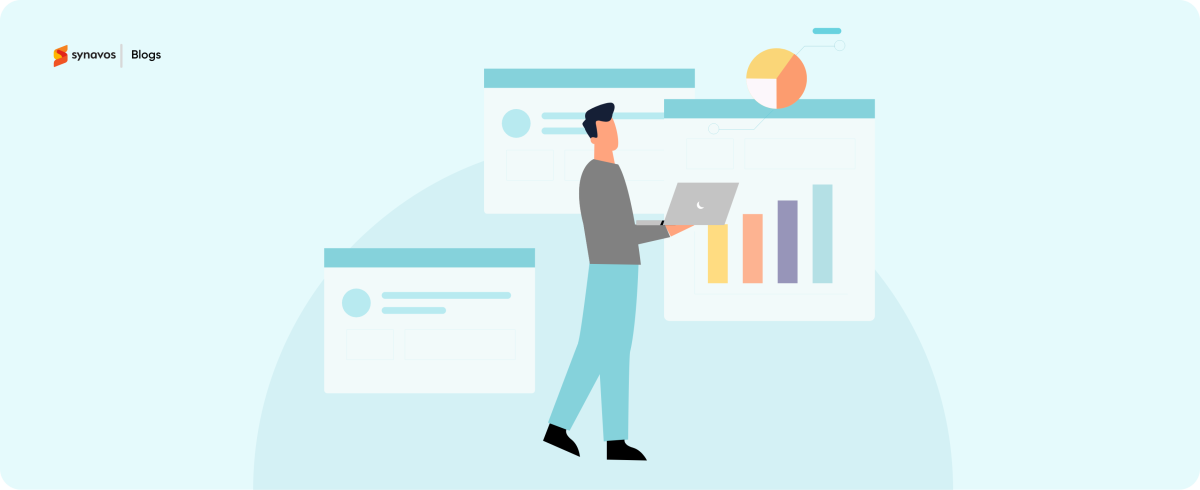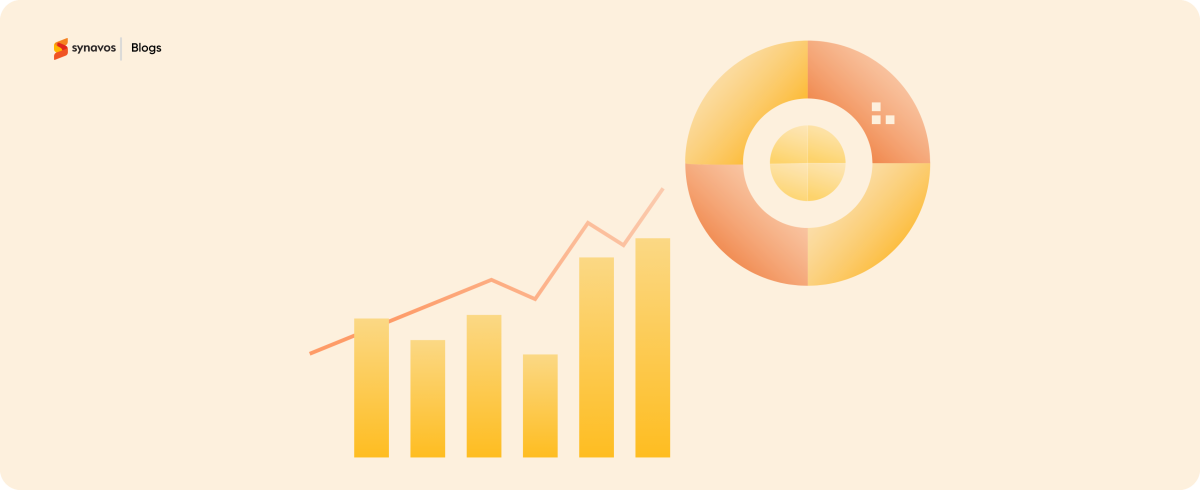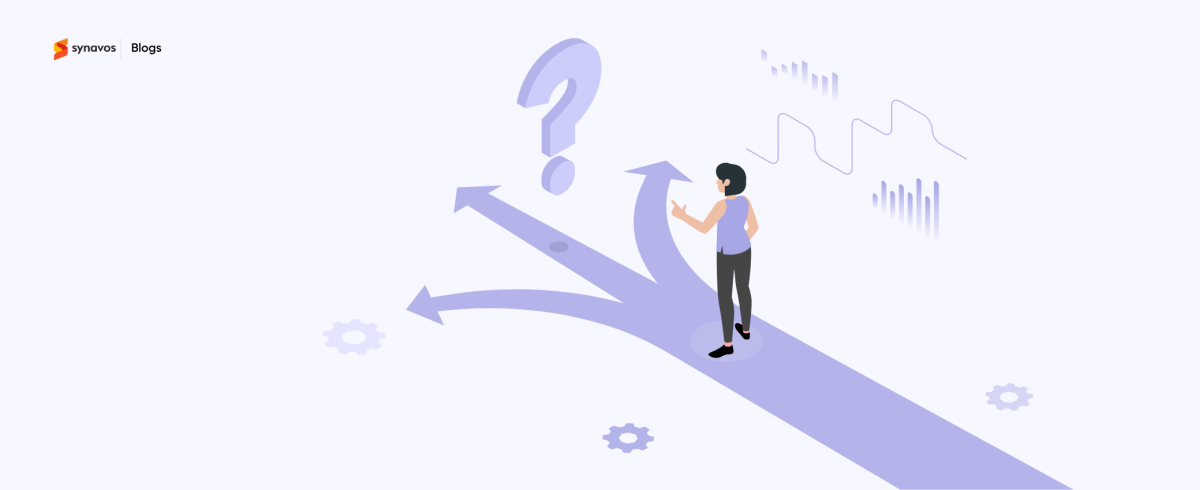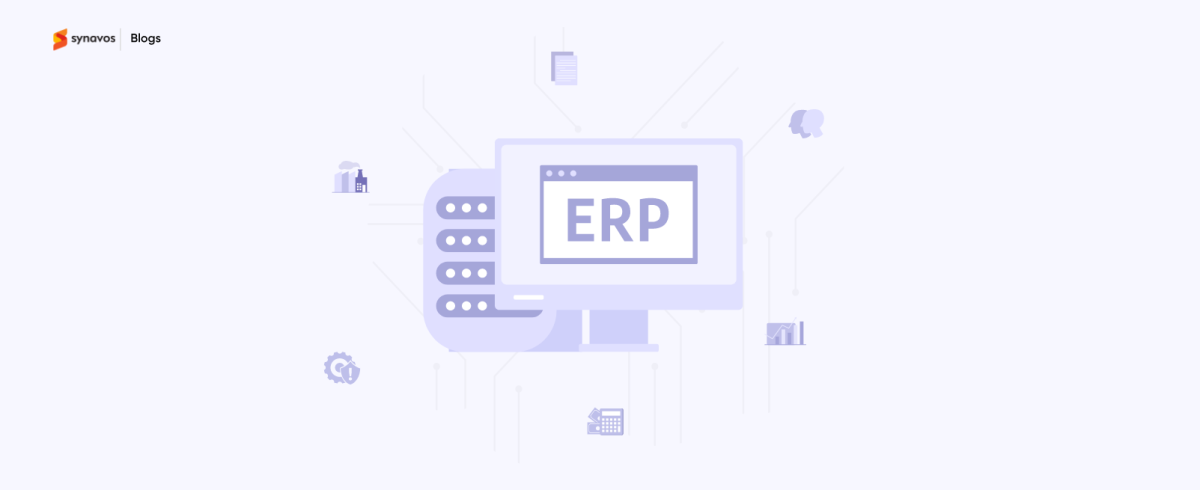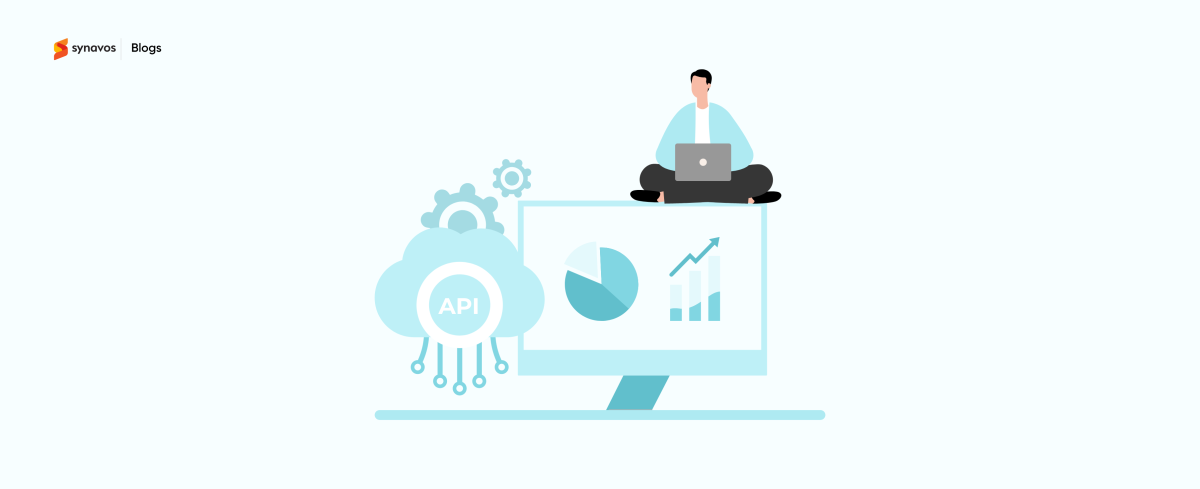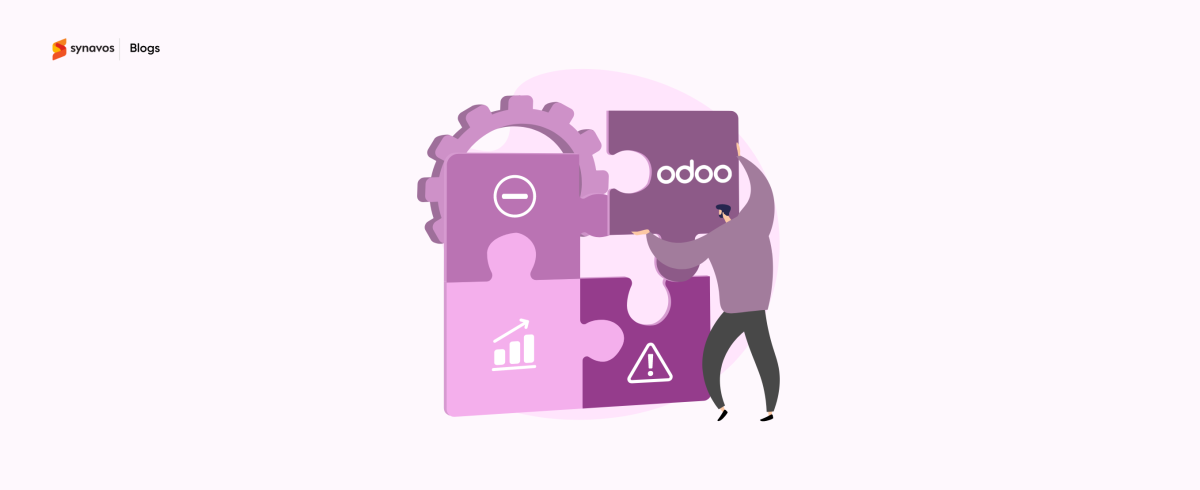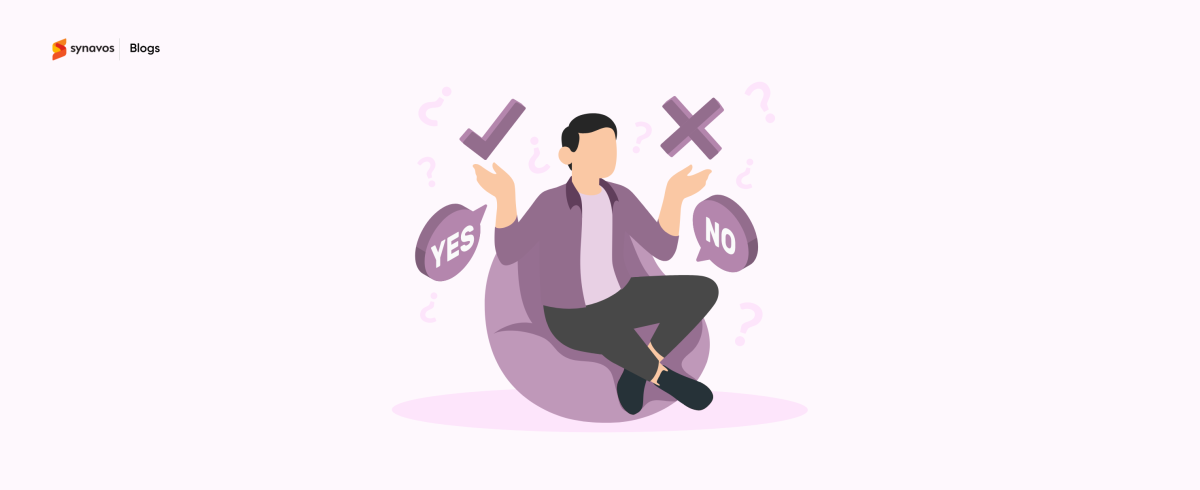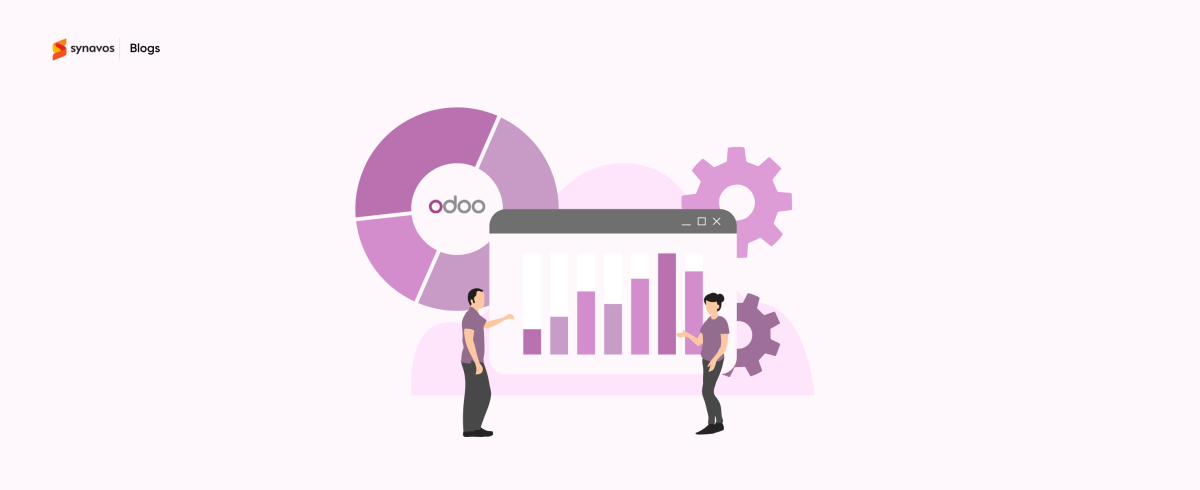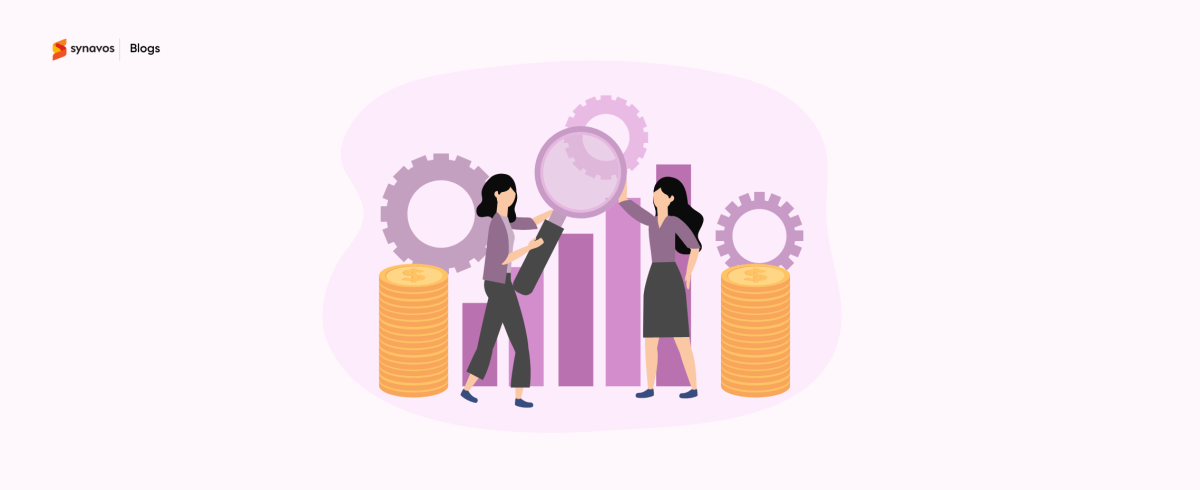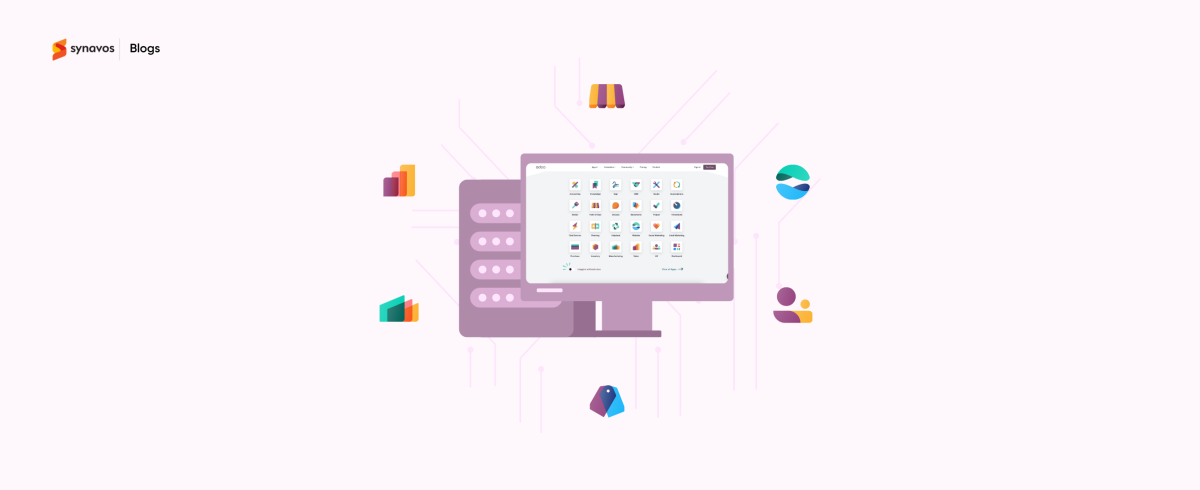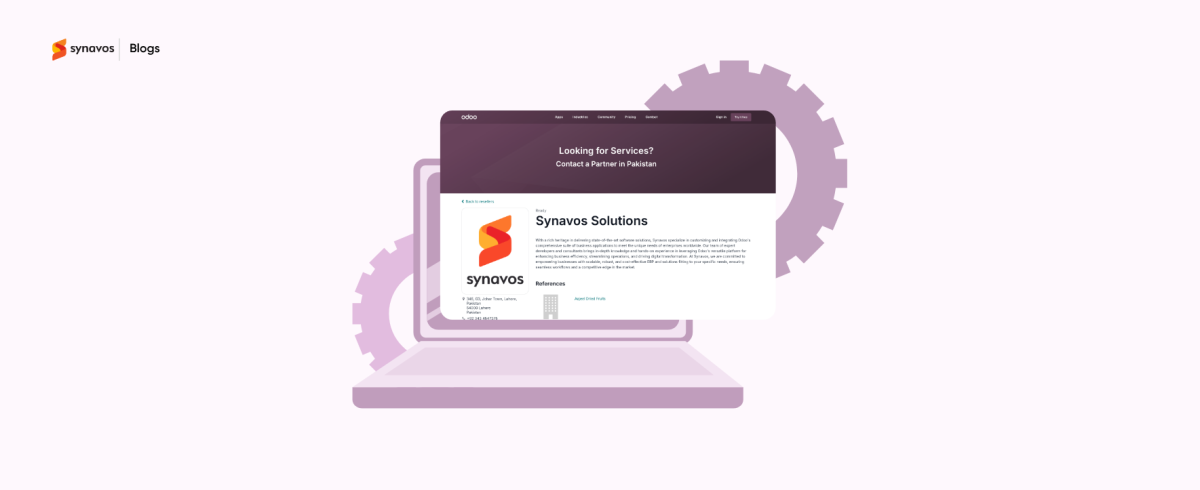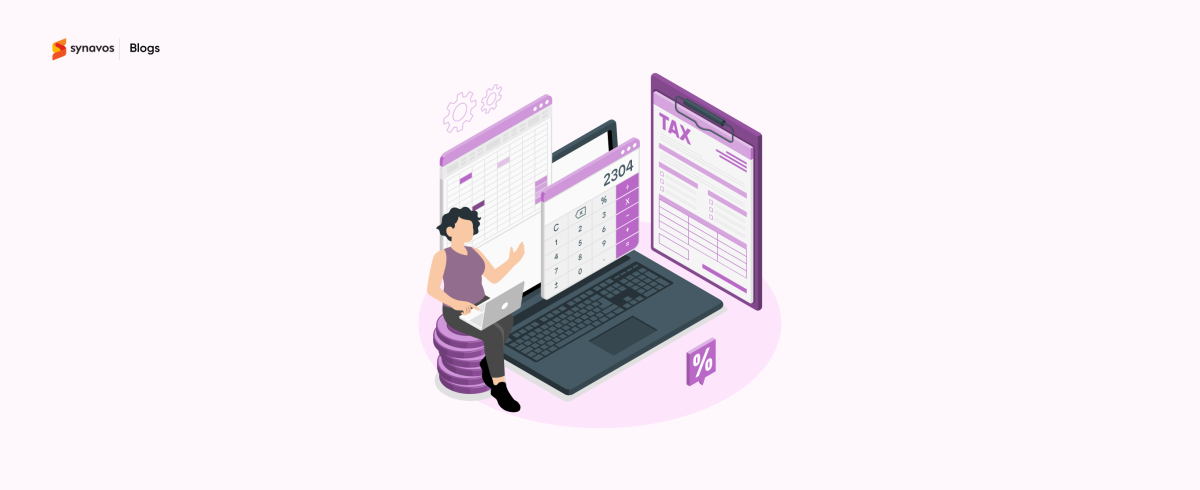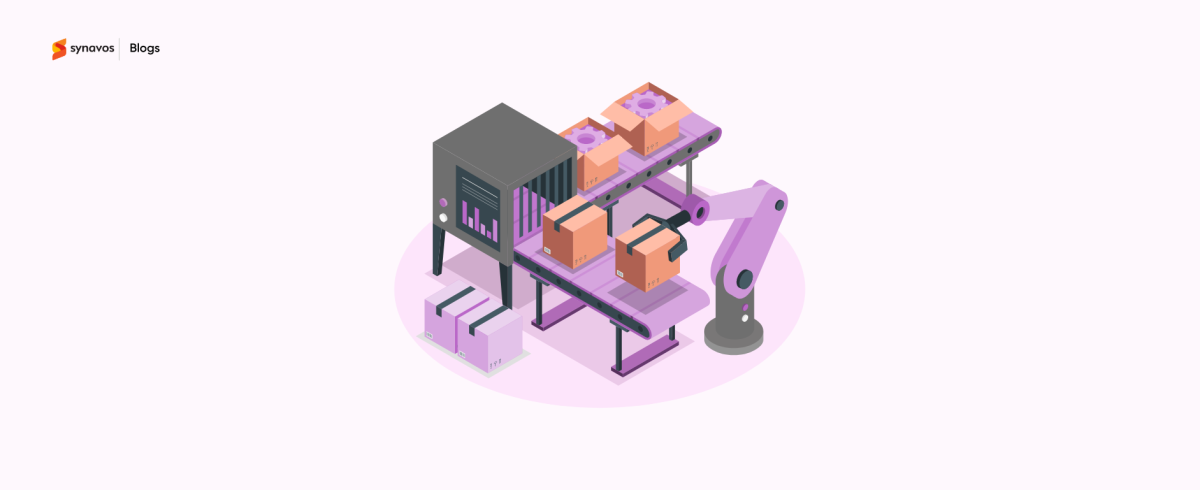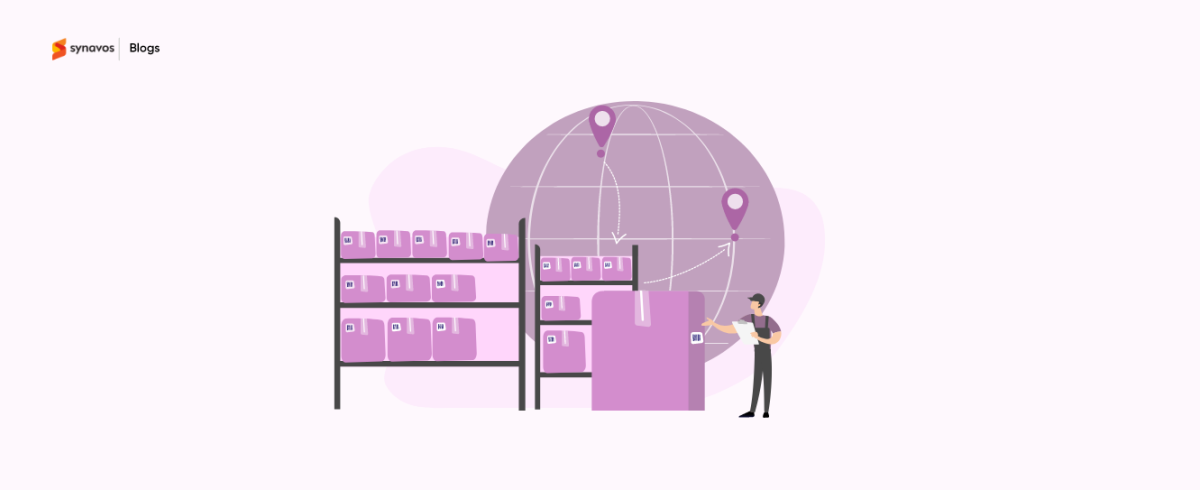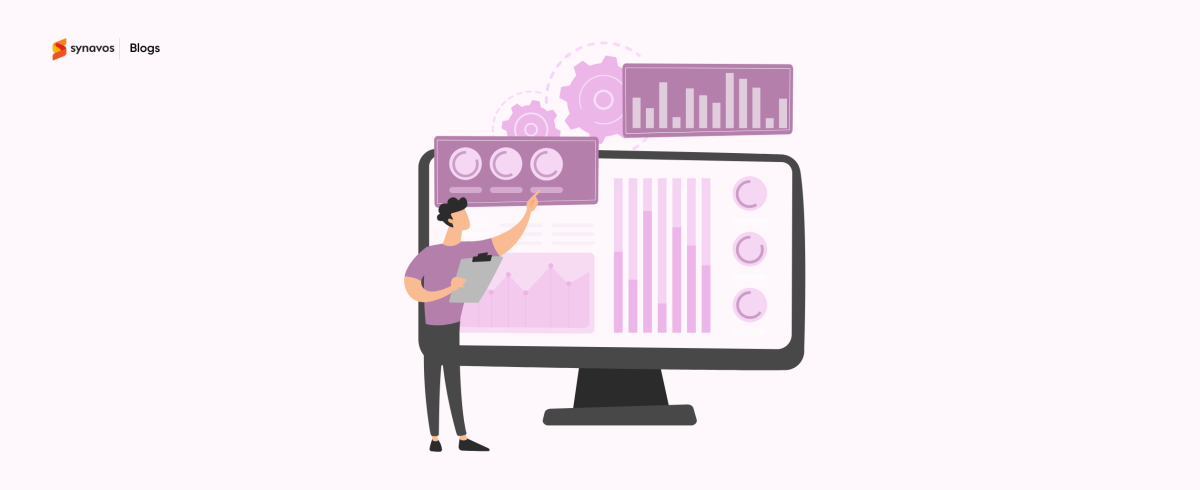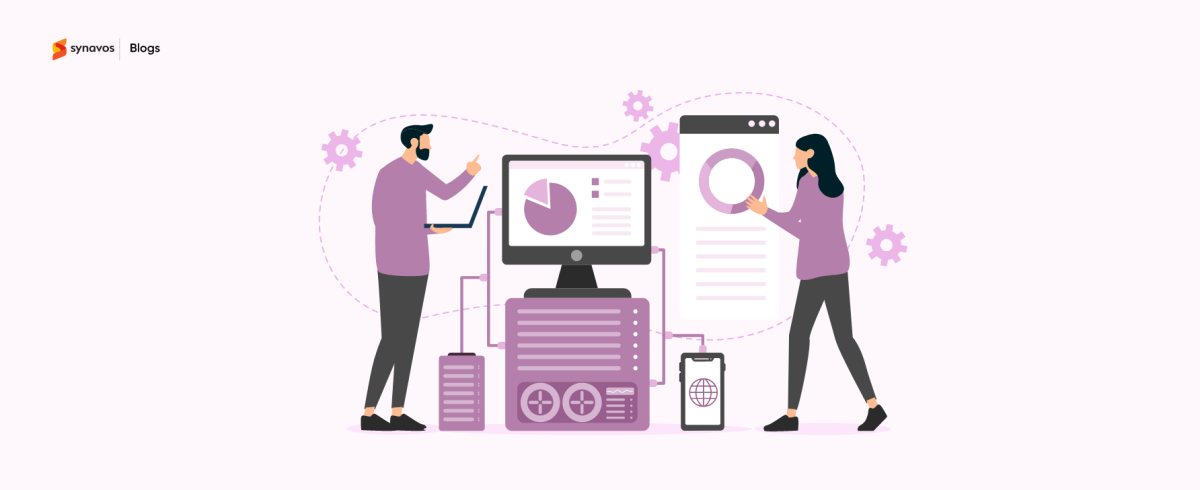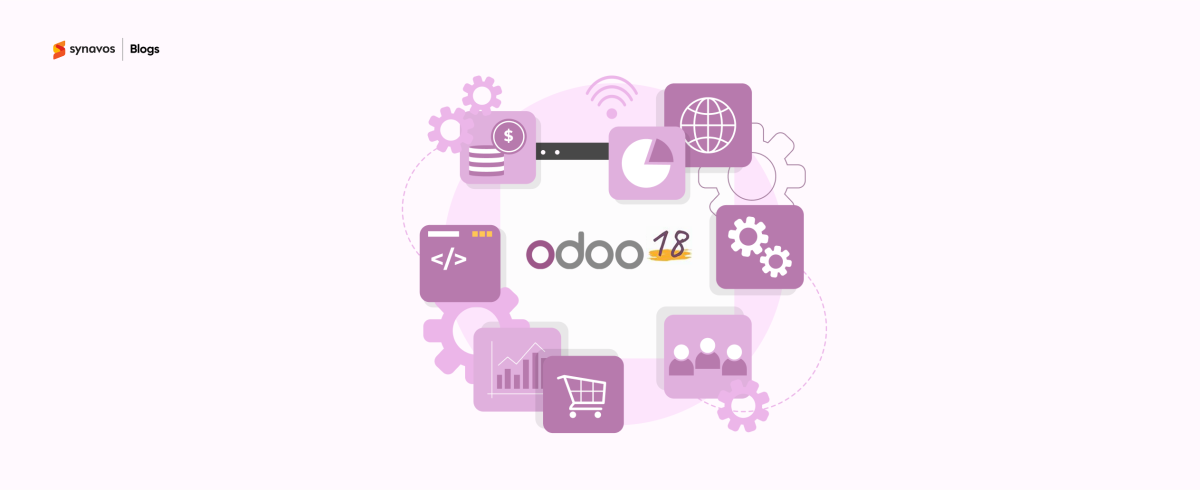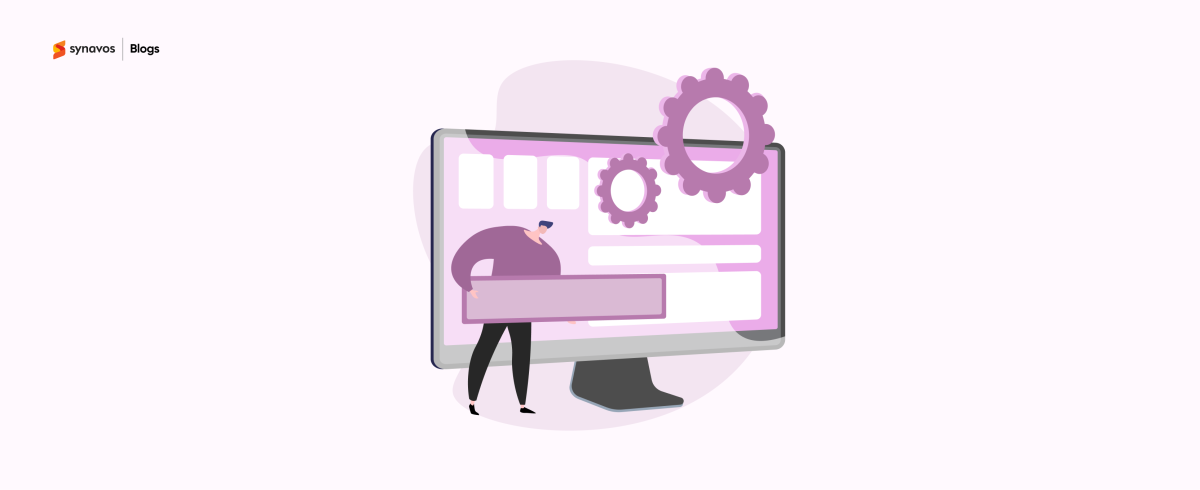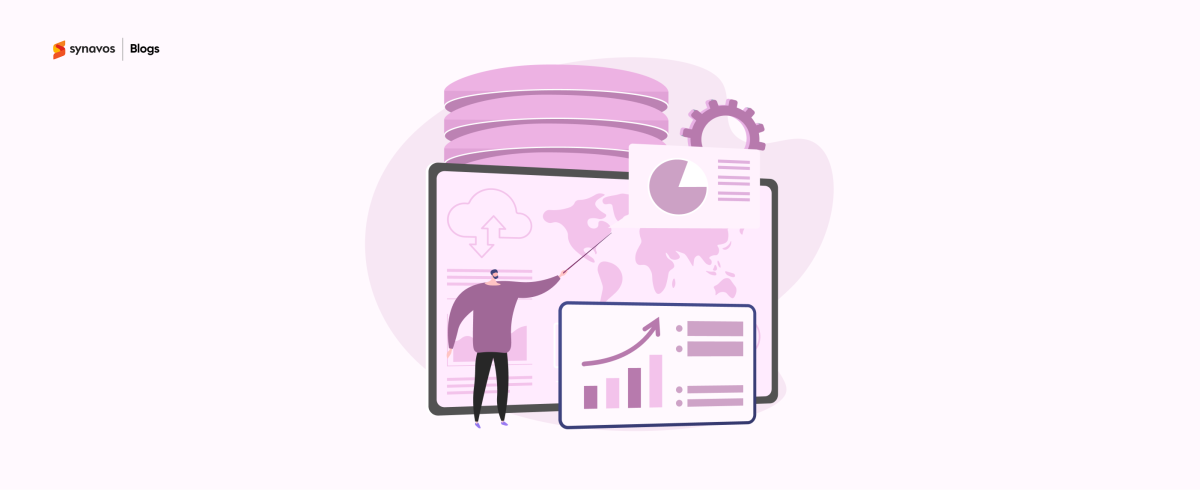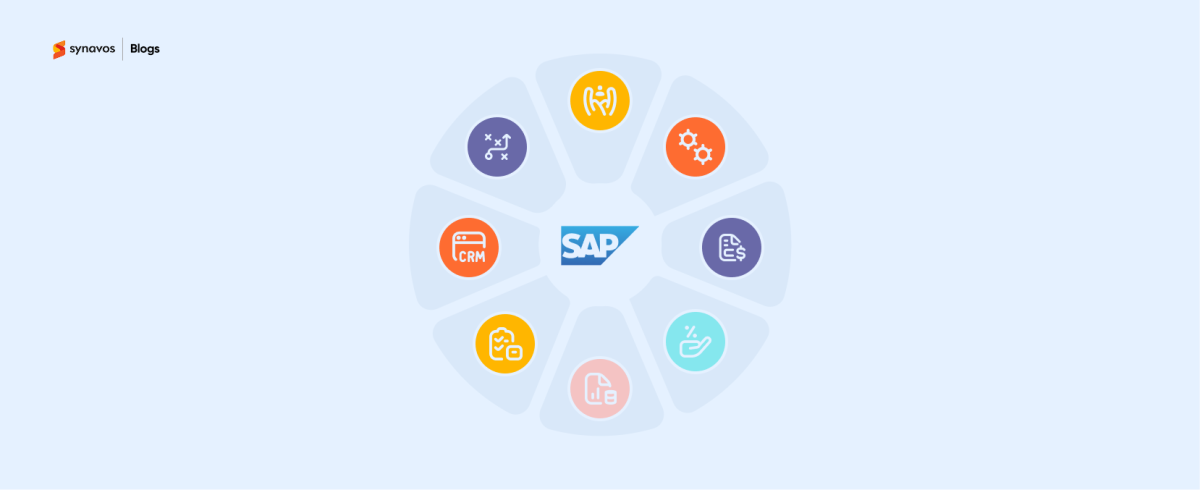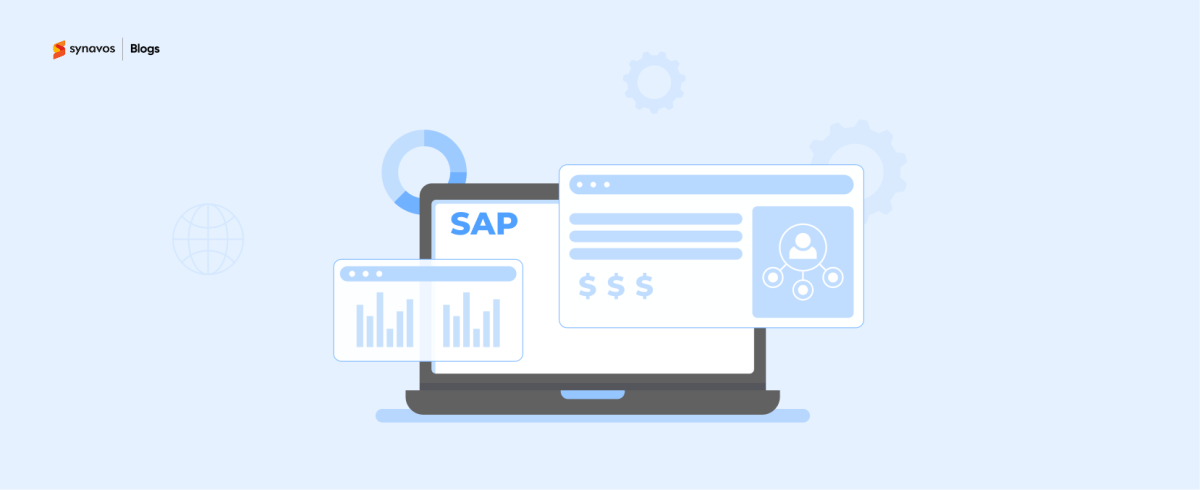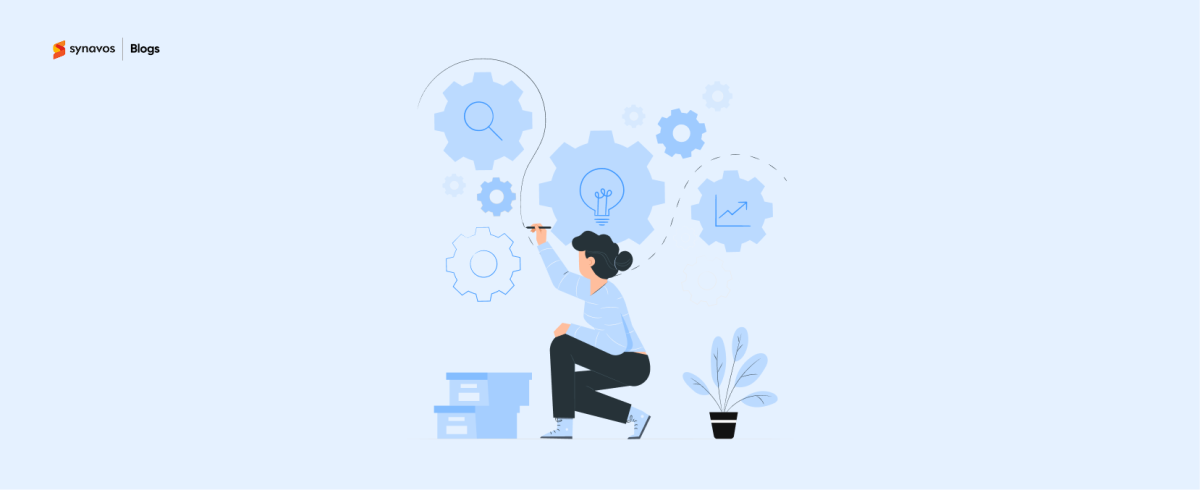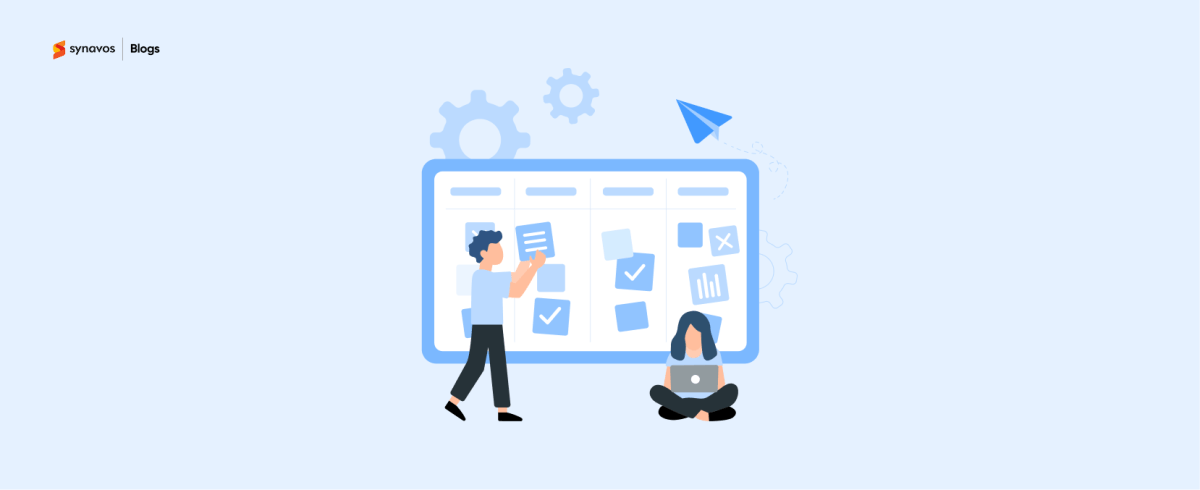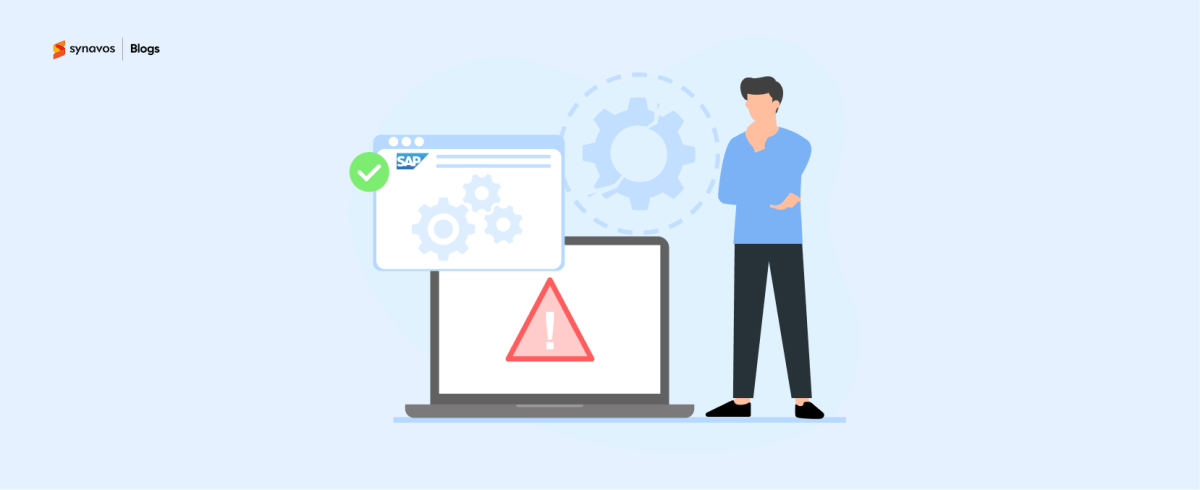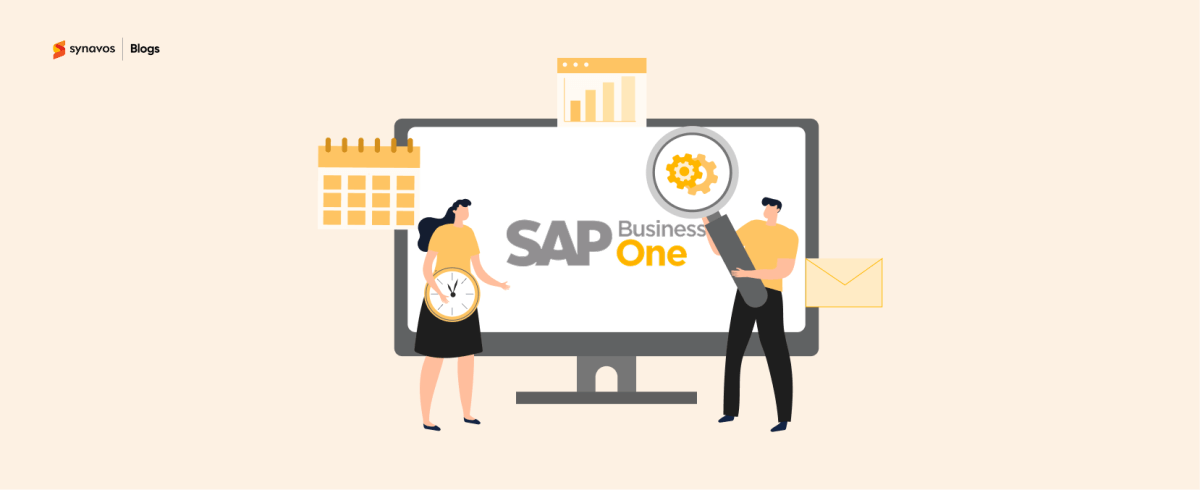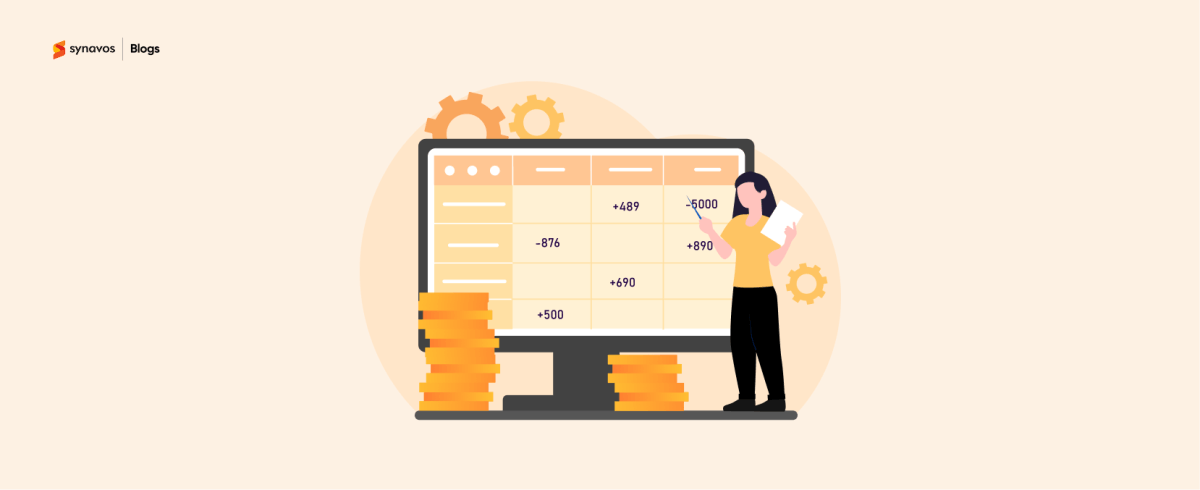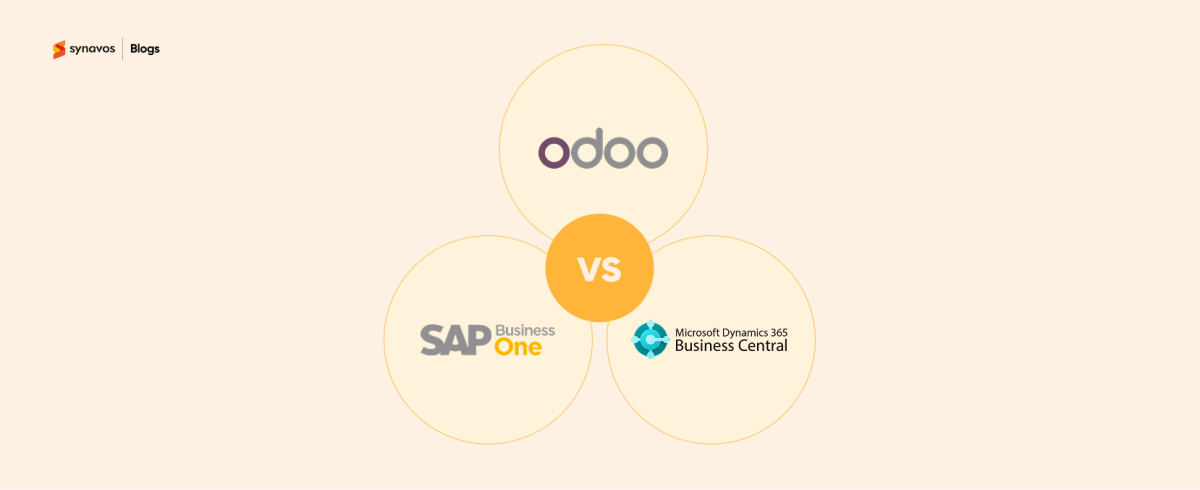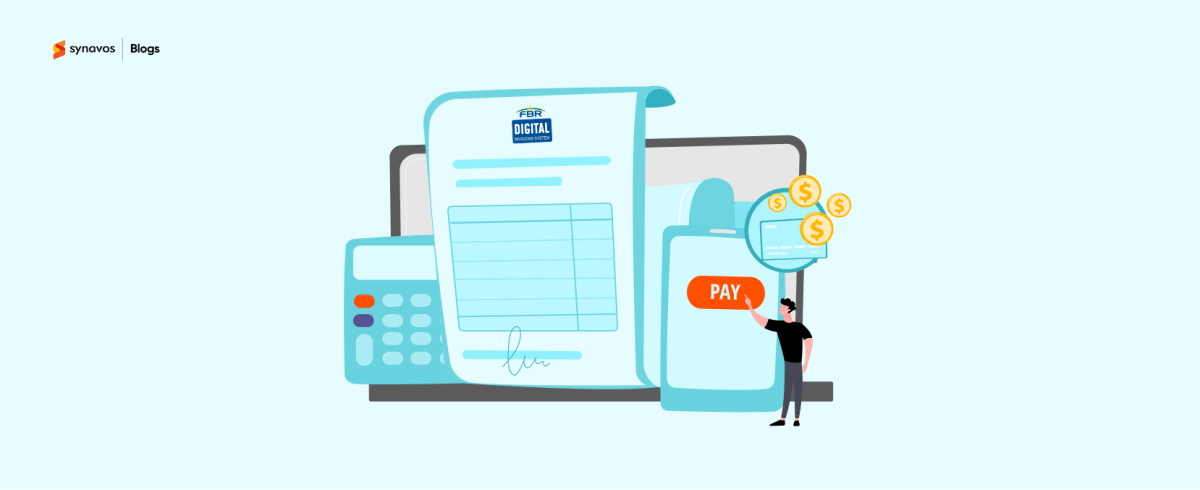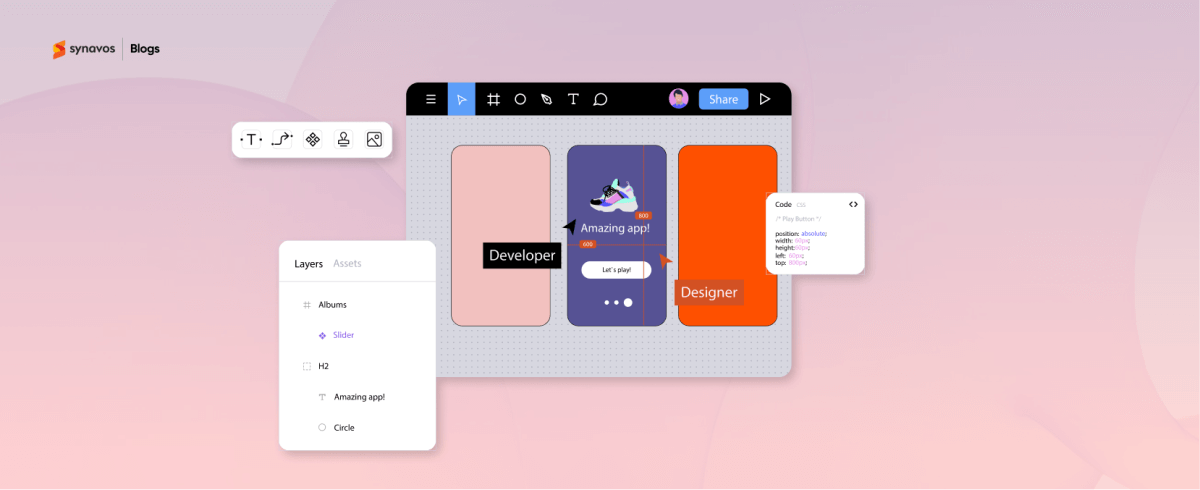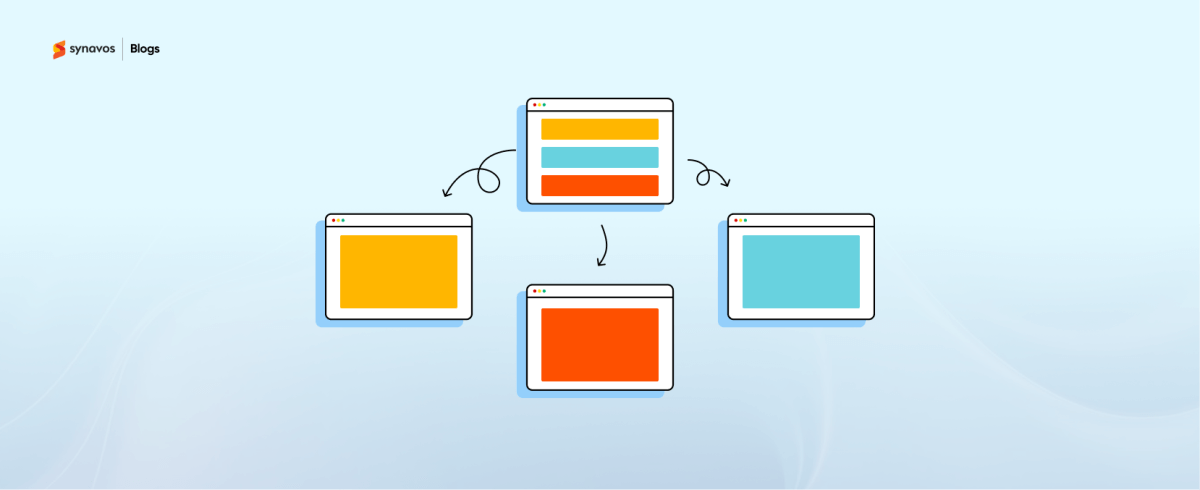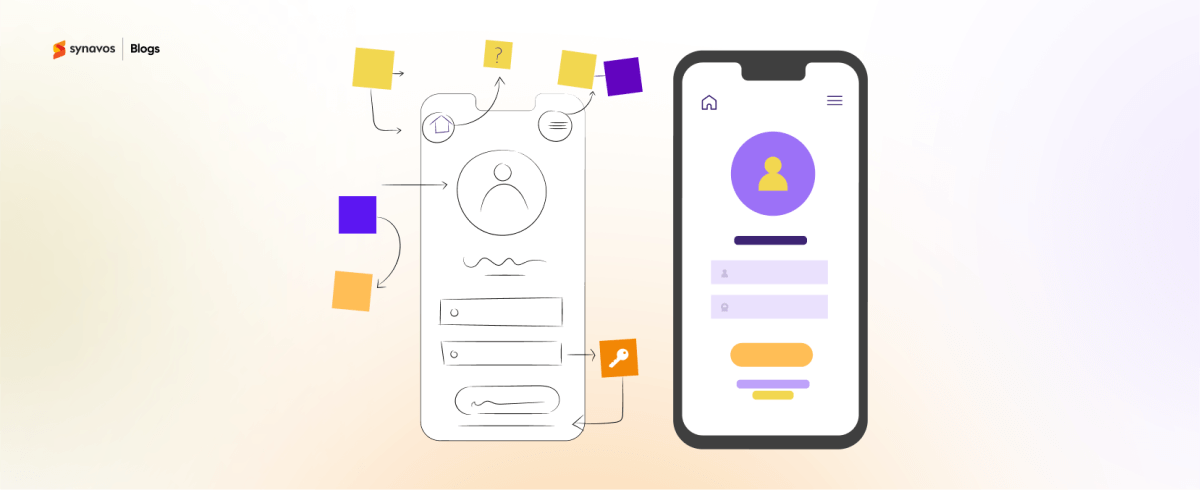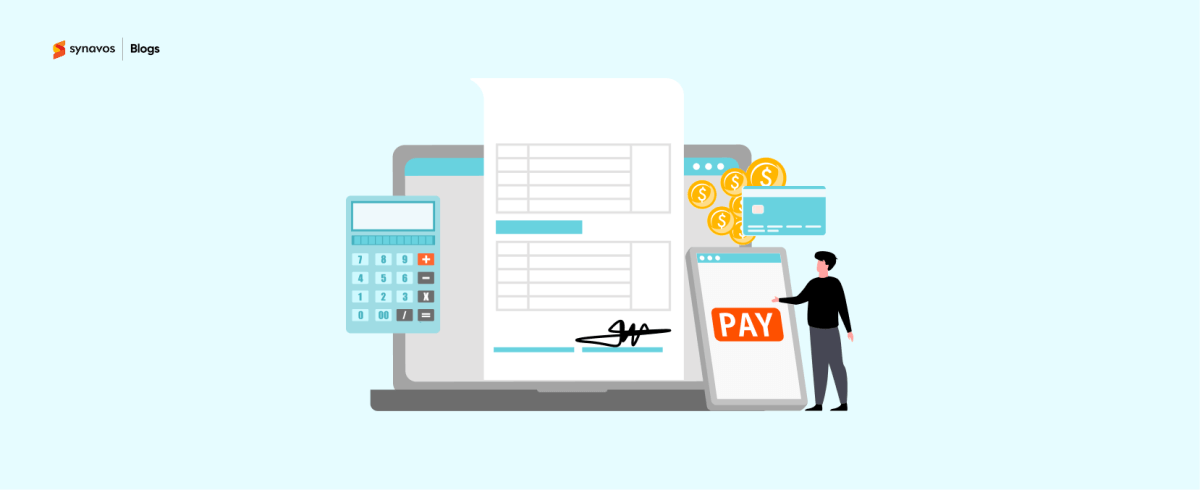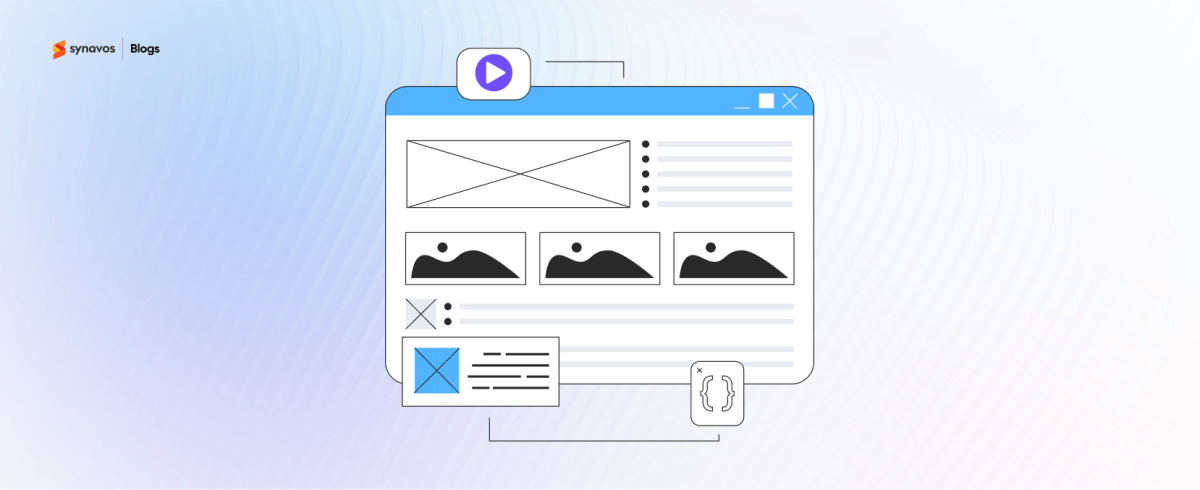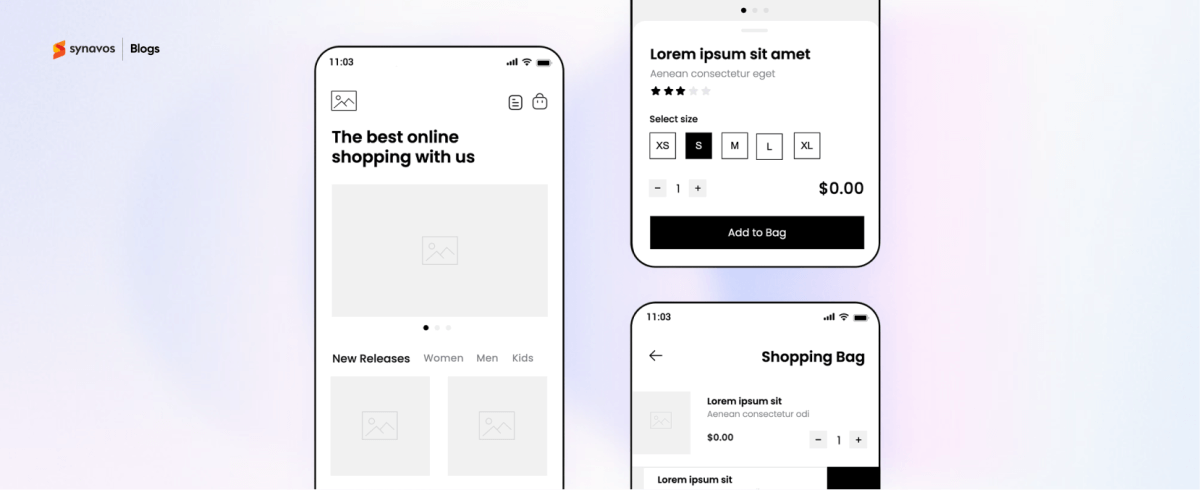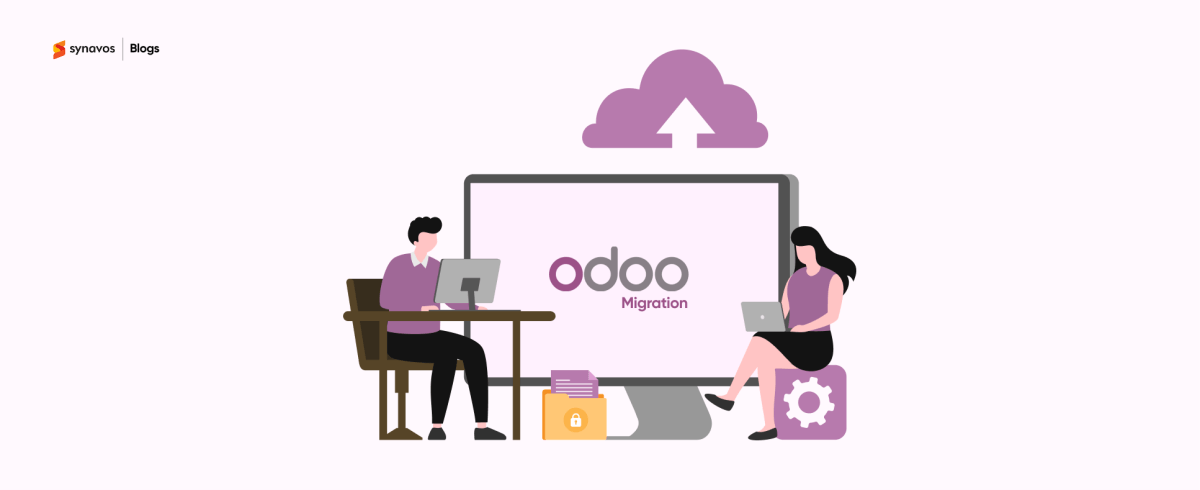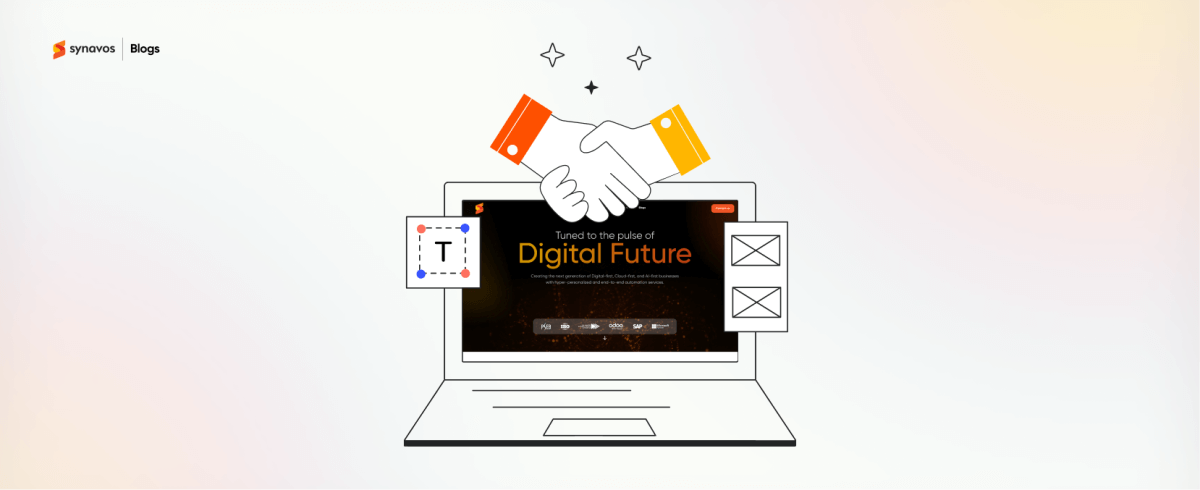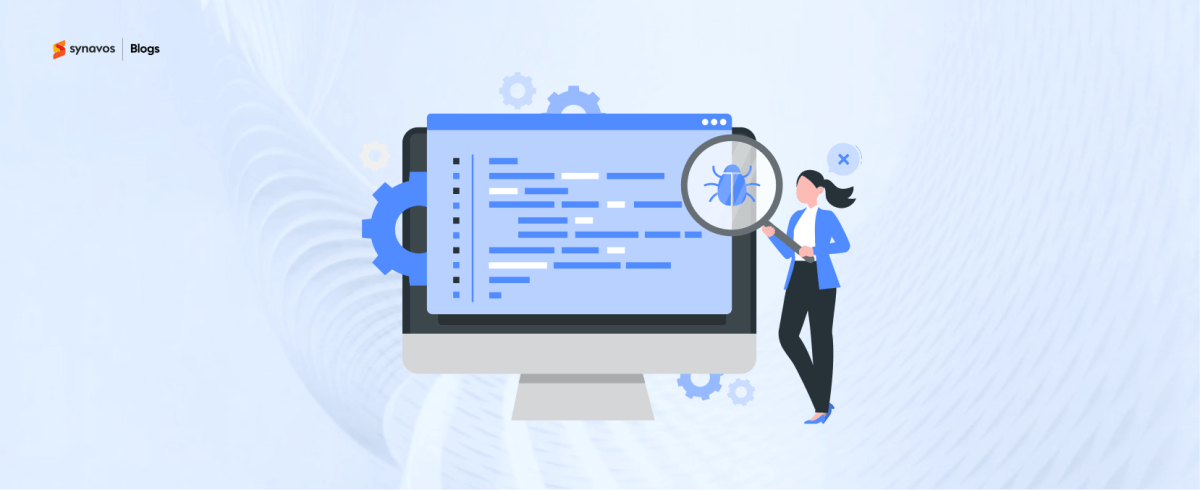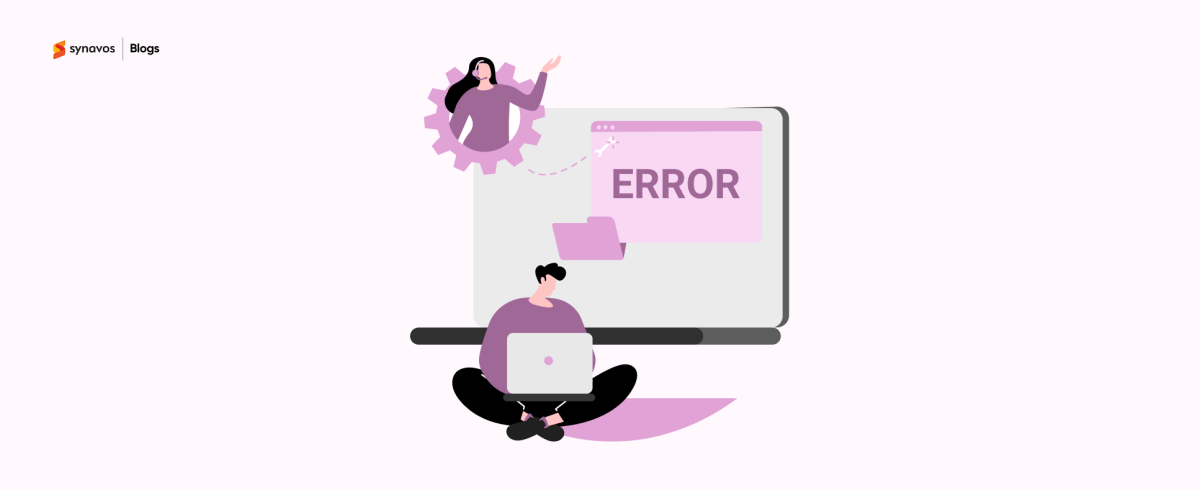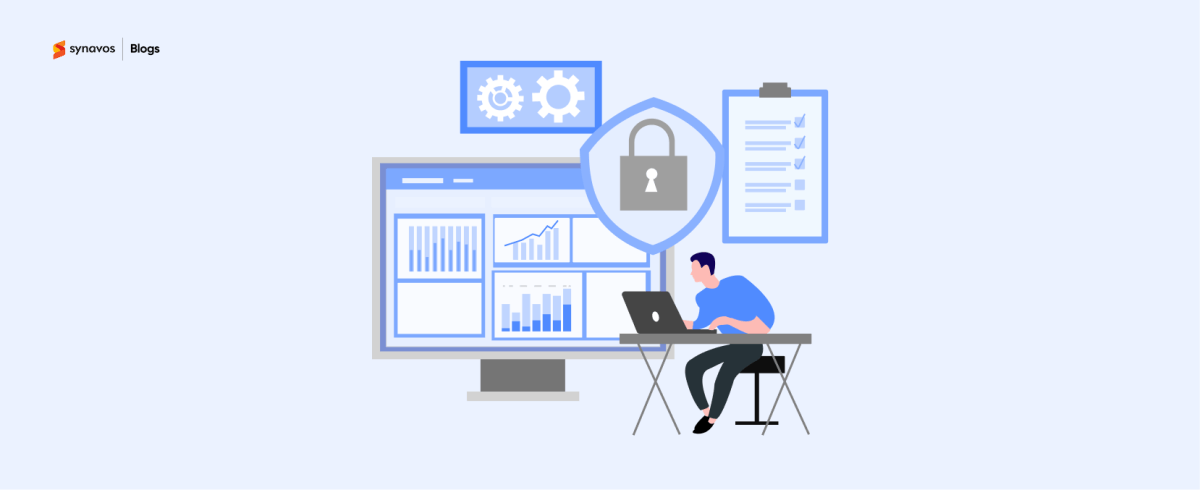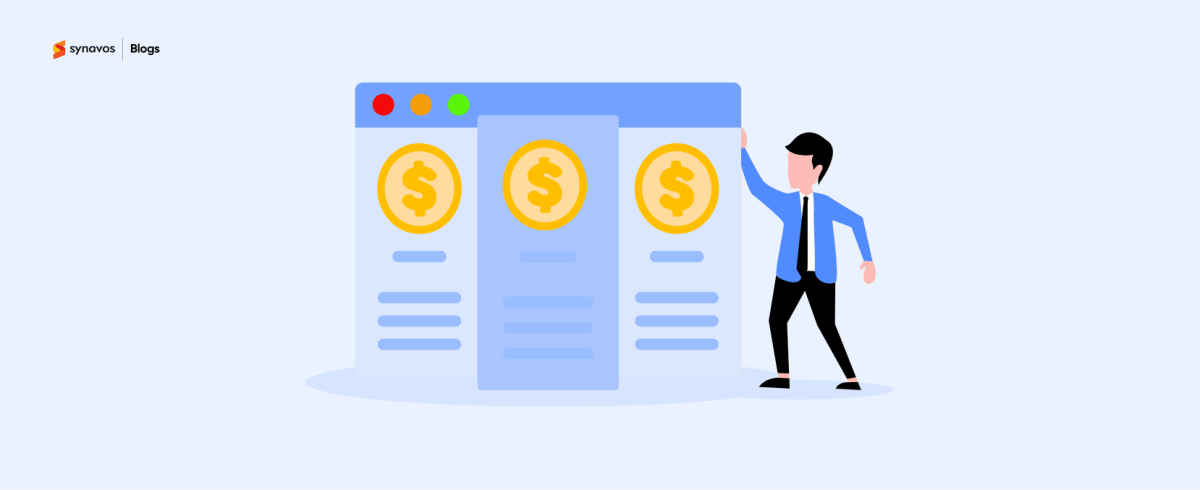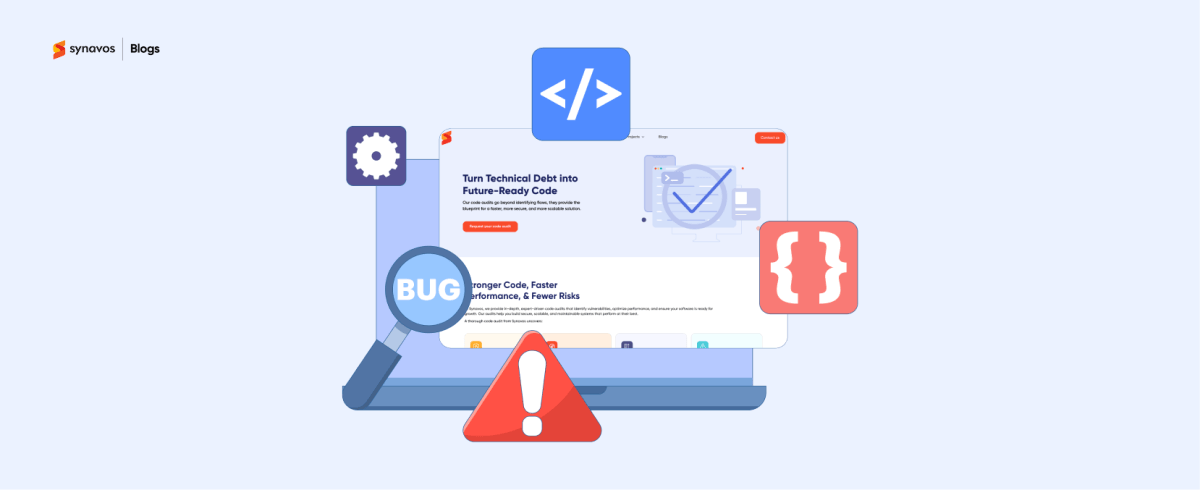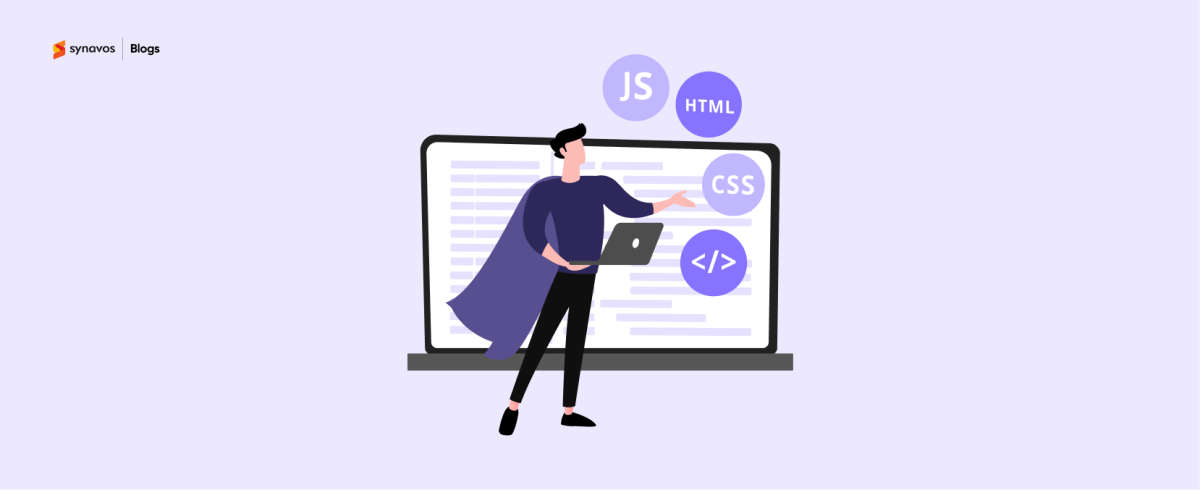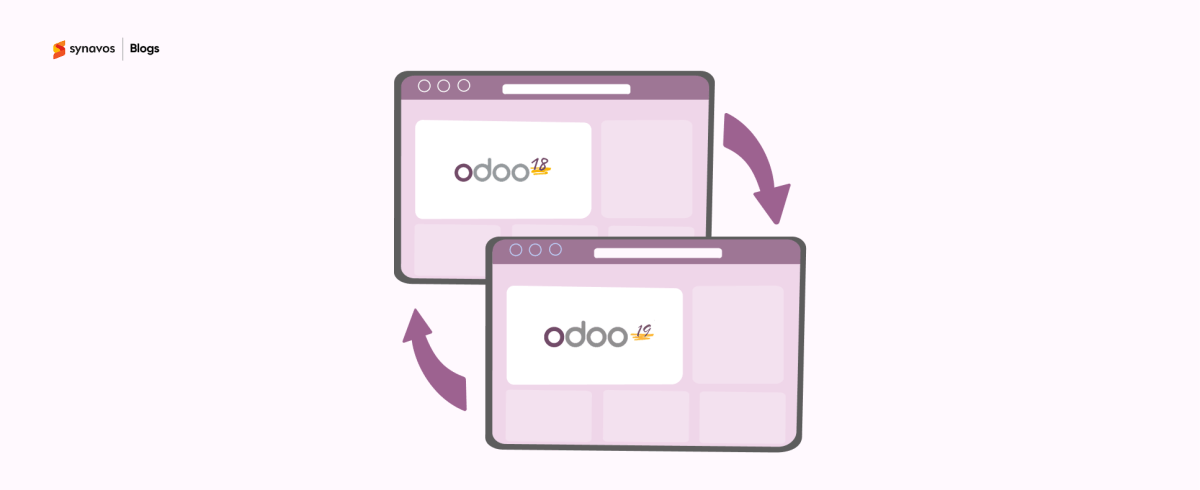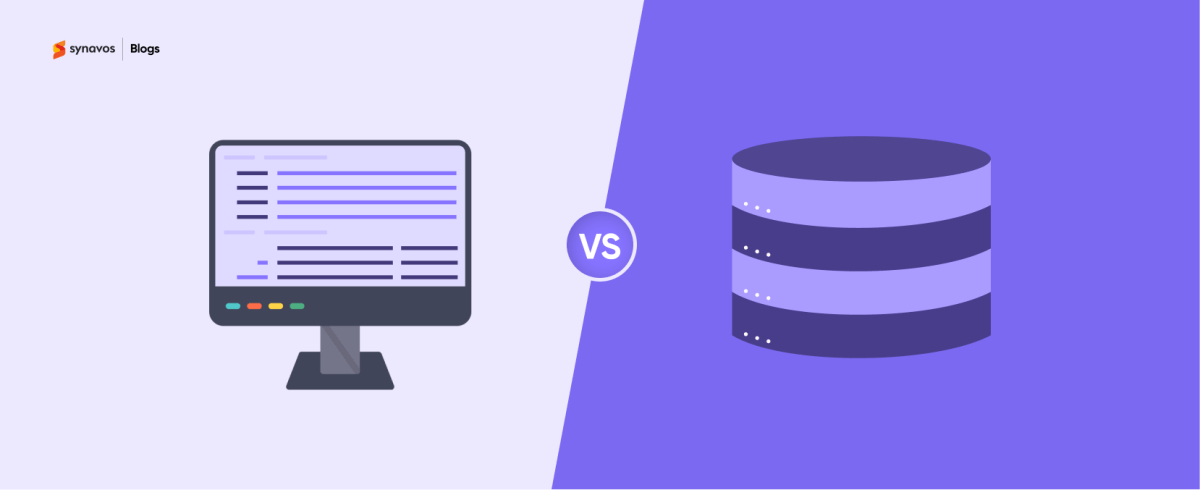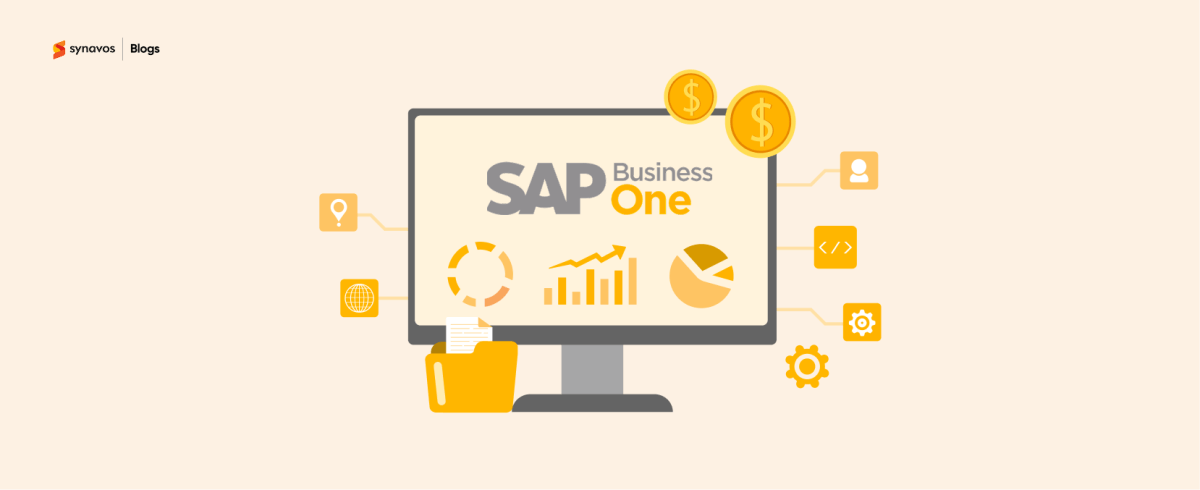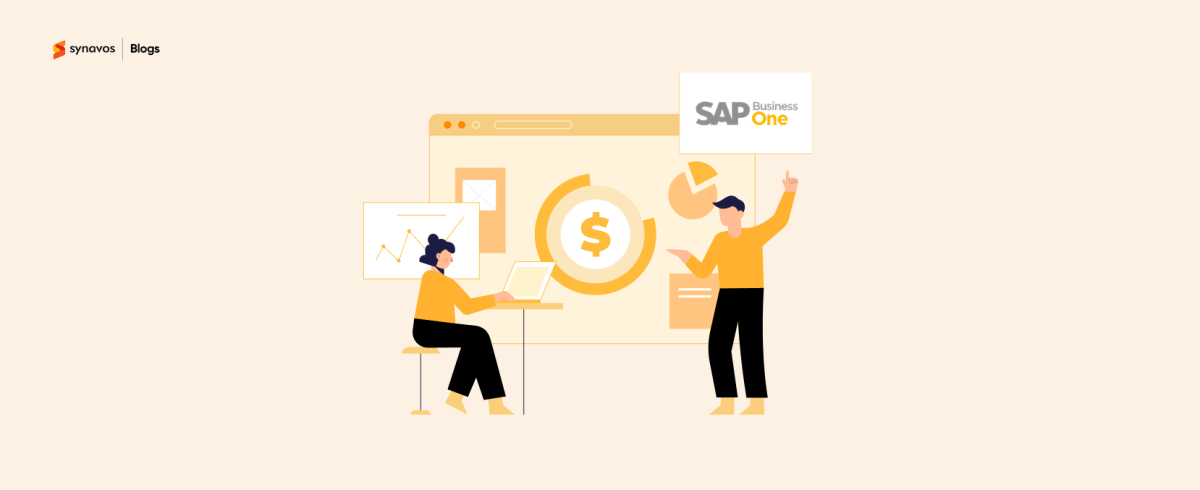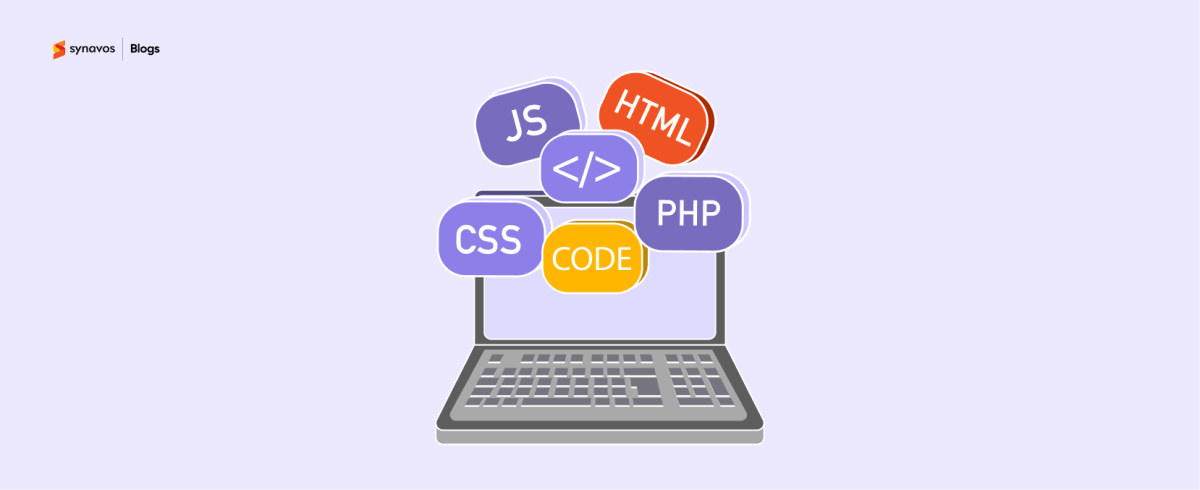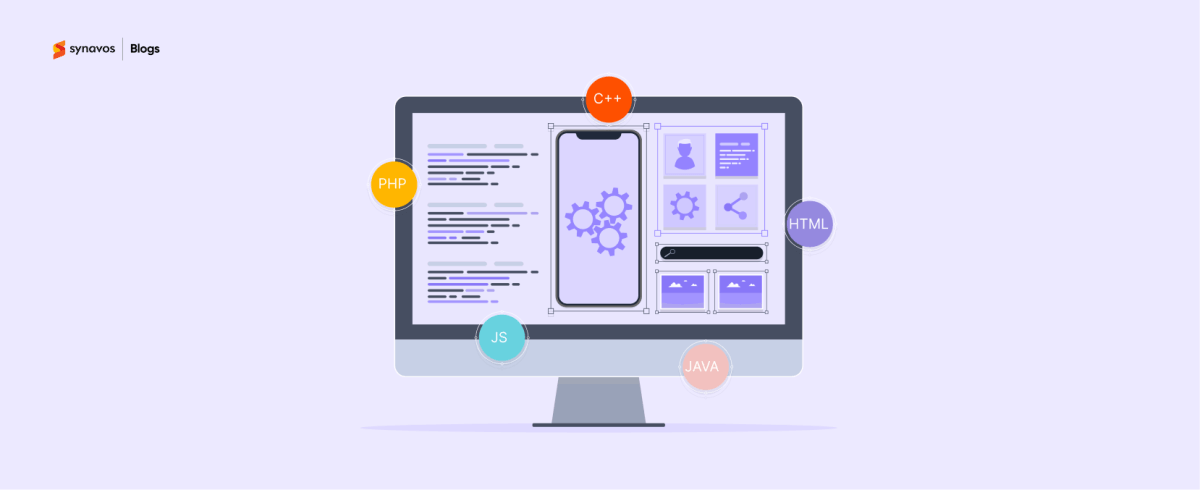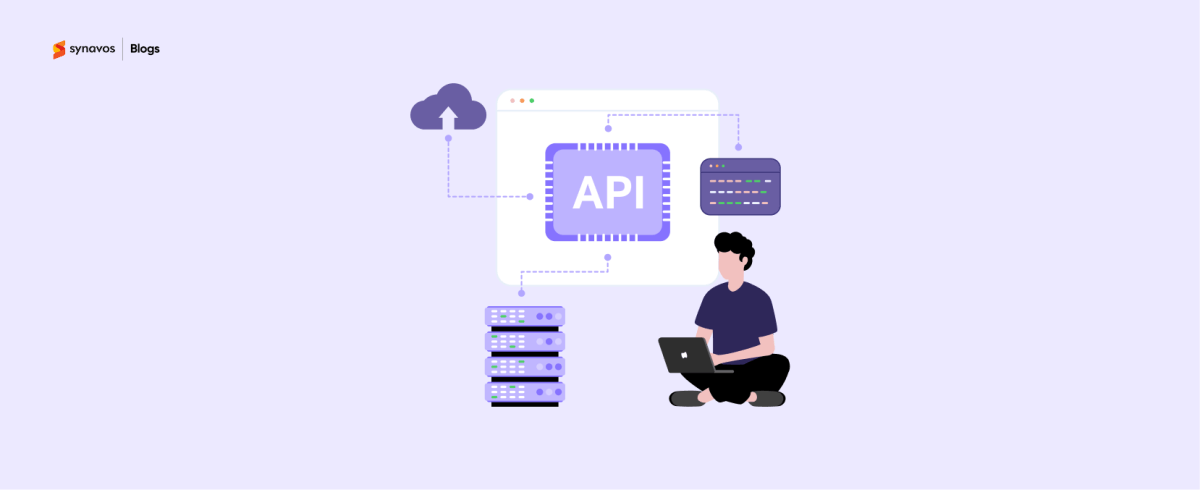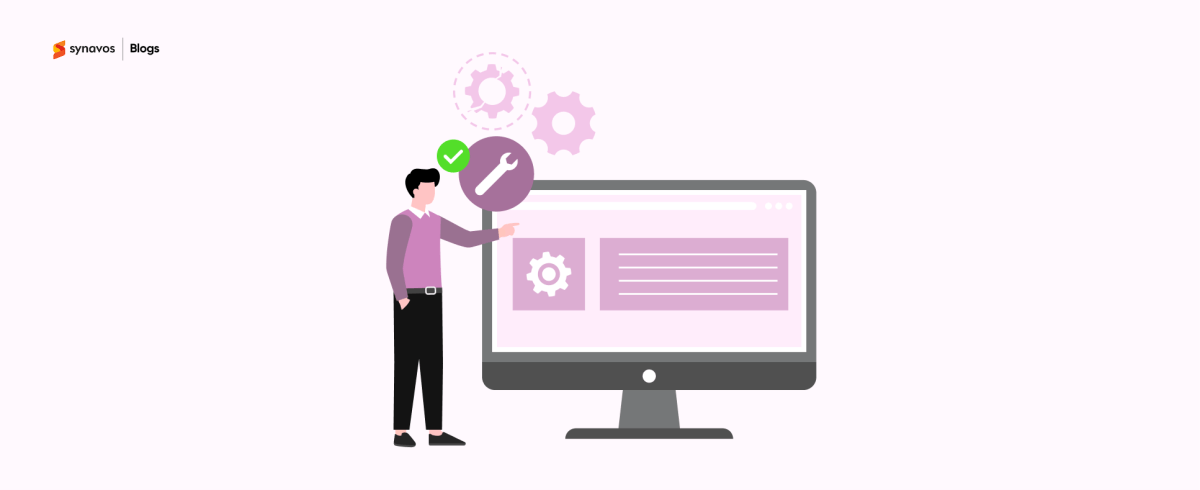Managing sales, inventory, accounting, and operations across multiple platforms can quickly turn into a daily struggle for growing businesses. That’s where SAP Business One, an all-in-one ERP solution for small and mid-sized companies, steps in. It helps unify core business functions into a single system to give you more control, better visibility, and fewer headaches.
In this comprehensive guide, we’ll cover what SAP Business One is, what makes it different from other business management software, and how its implementation can drive real results for your company. Let’s get started!
What is SAP Business One?
SAP Business One is a comprehensive ERP (Enterprise Resource Planning) solution developed by SAP for small and mid-sized businesses. It brings together core business functions, such as accounting, sales, inventory, purchasing, and customer relationship management, into one integrated system. The goal is simple: to provide businesses with the visibility and control they need to operate efficiently and grow strategically.
Unlike traditional ERP systems that are complex and costly to implement, SAP B1 is built to be affordable, scalable, and easy to deploy. Whether you’re managing your operations locally or expanding globally, it offers real-time data access, automation tools, and business intelligence features that support faster and data-driven decisions.
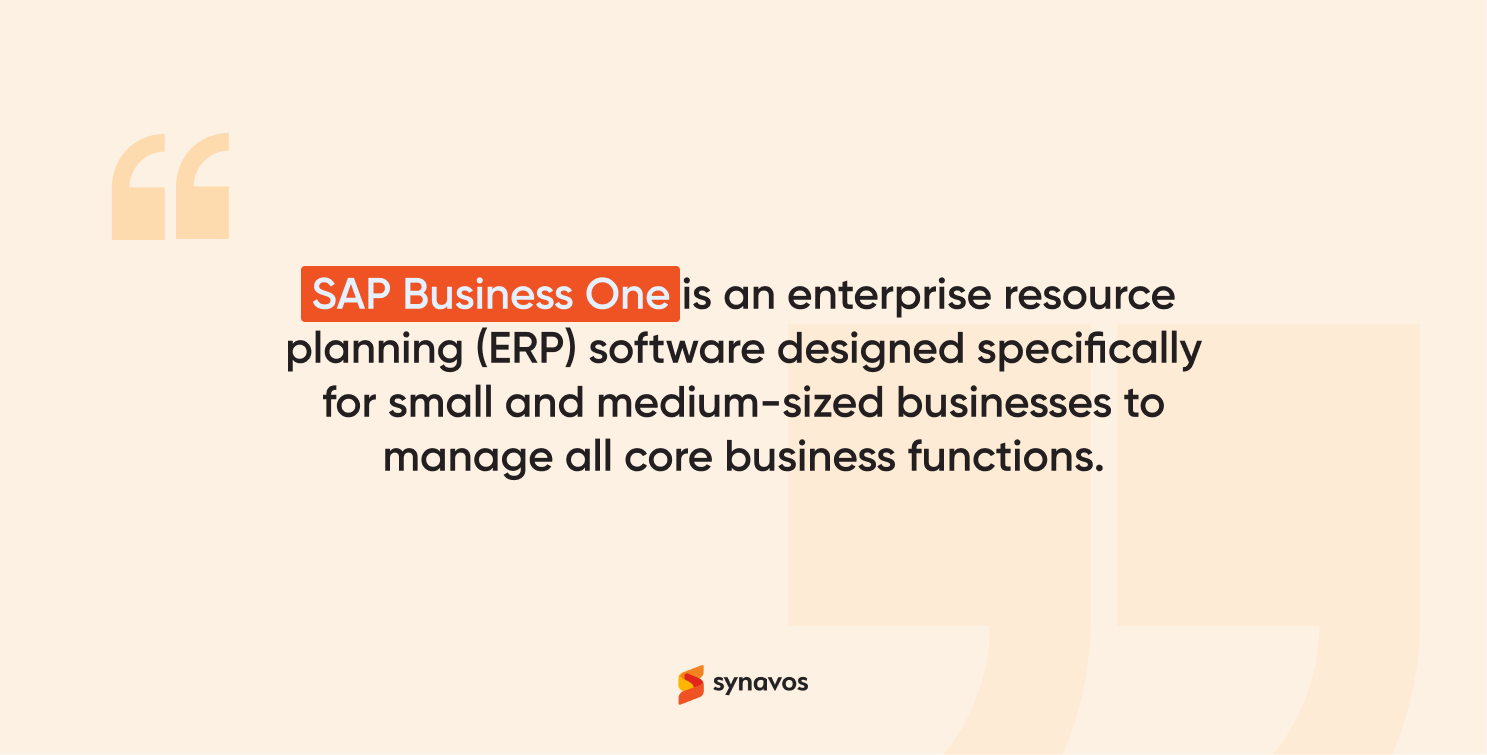
SAP Business One implementation can be challenging for new businesses. Explore our blog on 7 SAP B1 Implementation Mistakes Every Business Should Avoid for a smoother ERP rollout.
Key Features of SAP Business One
SAP Business One simplifies business management by bringing all your core functions into one system. Here’s a quick look at what it covers and how each feature helps your business:
-
Financial Management
Managing finances doesn’t have to be a daily struggle. SAP Business One simplifies accounting with tools that automate tasks like journal entries, invoicing, and tax calculations. It supports multiple currencies and complies with local regulations, making it ideal for businesses operating across borders. With real-time financial reports, you can track cash flow, manage budgets, and make confident financial decisions without digging through spreadsheets.
-
Sales and Customer Management
Customer relationships are the heartbeat of any growing business. SAP Business One helps you nurture leads, convert them into customers, and keep those customers happy - all in one place. From tracking sales opportunities and sending quotes to managing customer service and after-sales support, it gives your team the full picture. The result? Faster sales cycles, better customer experiences, and higher retention.
-
Purchasing and Inventory Control
Inventory chaos and late reorders can cost you sales. SAP Business One keeps your stock levels optimized and purchasing operations running smoothly. You can track suppliers, create purchase orders, monitor stock movement, and automate replenishments based on demand. This reduces waste, avoids overstocking, and ensures that the right products are available when customers need them.
-
Production Planning
For businesses involved in manufacturing or assembly, SAP Business One includes production planning tools that help you manage bill of materials (BOMs), track work orders, and schedule jobs more efficiently. It ensures you have the right materials at the right time and helps prevent bottlenecks in your production process. The result? More consistent output, less downtime, and better use of resources.
-
Business Intelligence
Running a business without real-time insights is like driving blind. SAP Business One delivers built-in dashboards and customizable reports that show you how every part of your business is performing. Whether you want to check monthly sales, monitor cash flow, or track employee productivity, the data is just a few clicks away: clear, visual, and ready to help you make better decisions.
-
Project Management
If your business runs multiple projects or client jobs, staying organized can be challenging. SAP Business One gives you tools to track deadlines, assign tasks, manage budgets, and monitor progress all in one place. With better visibility into every moving part, you reduce delays, stay within budget, and deliver better outcomes - every time.
-
Analytics and Reporting
SAP Business One offers built-in analytics tools that give you real-time access to key business data. From sales trends and cash flow to inventory levels and customer behavior, everything is presented in interactive dashboards. Reports can be customized using SAP Crystal Reports or SAP HANA, depending on your setup. These insights help teams act faster and stay aligned with business goals.
-
Integration and Customization
SAP Business One is designed to fit seamlessly into your existing tech environment. It supports standard APIs and service layer connections to integrate with third-party platforms like Shopify, Salesforce, or local logistics providers. You can also customize workflows, forms, and user fields without needing heavy development work. For deeper customization, developers can use the SDK to create tailored extensions that fit unique business processes.
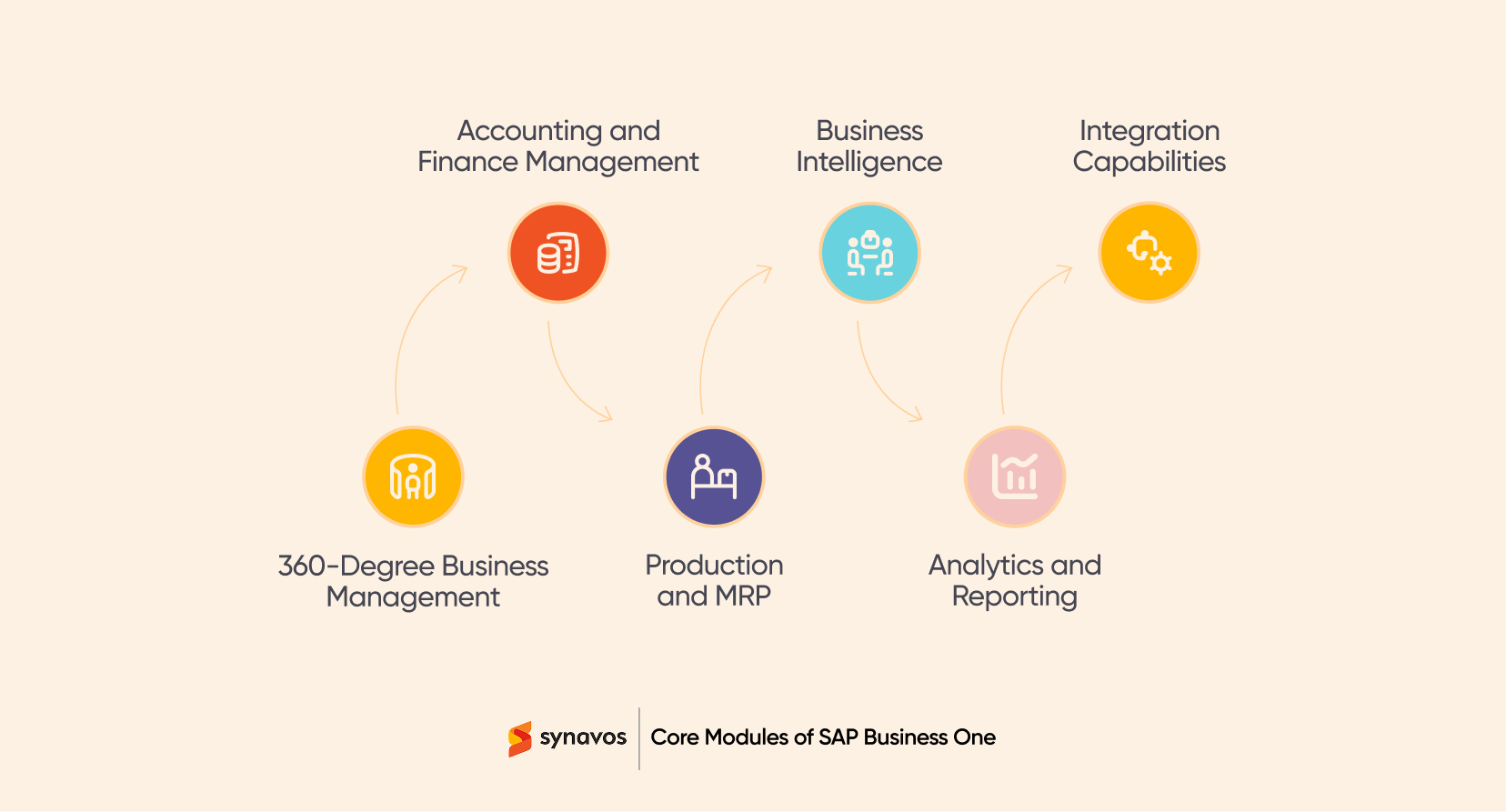
For a thorough overview of how SAP B1 supports everyday operations in SMEs, read our blog on 10 Key Features of SAP Business One Every SME Should Know.
Benefits of Using SAP Business One
SAP Business One offers more than just ERP functionality; it gives you better control, faster insights, and a system that’s built to grow with your business. Whether you’re a small trading company or a fast-scaling manufacturer, the benefits extend across every team and process.
1. End-to-End Visibility
SAP Business One connects your departments, processes, and data into one unified system. This gives you full visibility across sales, finance, inventory, and operations. With everything centralized, decision-makers can quickly identify issues, monitor performance, and respond with confidence. It eliminates data silos and reduces dependency on manual updates.
2. Real-Time Insights
With real-time reporting and analytics, SAP Business One allows you to make informed decisions without delays. Whether you're tracking sales targets, inventory turnover, or cash flow, the data is always up to date. Built-in dashboards and customizable KPIs ensure that every team has access to the metrics that matter most for them.
3. Built for Scale
As your business grows, SAP Business One grows with you. The system is designed to handle increasing volumes of data, users, and transactions without compromising performance. You can add modules, locations, and even integrate with industry-specific solutions as needed. It supports both on-premise and cloud deployments, which offers flexibility as your needs evolve.
4. Streamlined Operations
SAP Business One automates repetitive tasks and standardizes business processes across departments. From order processing and procurement to financial reconciliation and reporting, workflows become more consistent and efficient. This not only reduces manual errors but also frees up time for teams to focus on higher-value work.
5. Lower Total Cost of Ownership (TCO)
Compared to traditional ERP systems, SAP Business One is cost-effective to implement, manage, and maintain. It requires minimal IT infrastructure, especially when deployed on the cloud. With quicker deployments, fewer customizations, and built-in features, businesses often see faster ROI and reduced long-term operational costs.
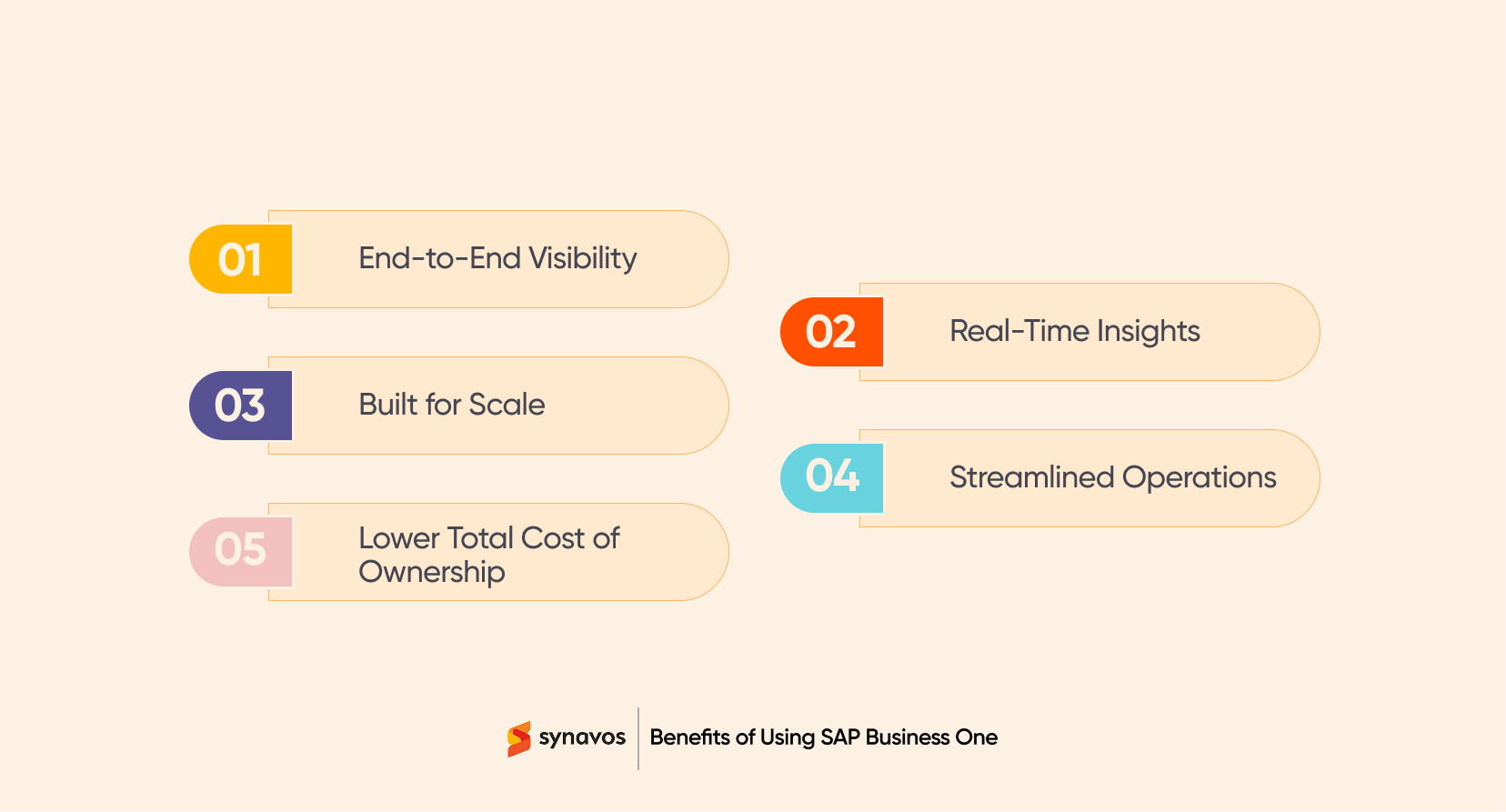
Successful ERP projects don’t happen by accident. Learn what works in the 10 Best Practices for SAP Business One Implementation.
Core Modules in SAP Business One
SAP Business One includes a set of powerful modules that work together to give businesses full control over their operations. Each module focuses on a specific area of the business, making it easier to manage day-to-day tasks and plan for the long-term goals. Here is an overview of the core modules:
-
Financial Management
SAP Business One offers a solid foundation for managing your company’s financials. From handling journal entries and managing accounts receivable/payable to processing tax calculations and bank reconciliations, the module ensures everything stays accurate and compliant. With built-in dashboards and real-time insights, you always know where the business stands. It gives you the confidence to make smart financial decisions faster.
-
Sales Management
The sales module of SAP Business One supports the full sales cycle, beginning with quotations and moving through to order entry, delivery, and invoicing. It helps sales teams stay organized, automate repetitive tasks, and track every deal as it progresses. Businesses can set pricing rules, apply discounts, and manage returns with ease. This level of control and transparency improves the customer buying experience and helps teams focus on closing more deals in less time.
-
Customer Relationship Management
Integrated directly into SAP Business One, the CRM module centralizes all customer data. From tracking leads and managing contacts to monitoring sales opportunities and service calls, this module gives teams the tools to build lasting relationships. It enables better targeting through segmentation, improves follow-ups, and provides sales reps with full visibility into customer history and preferences to ultimately boost customer satisfaction and retention.
-
Inventory Management
Managing inventory becomes easier with real-time stock levels, automated alerts, and precise item tracking. SAP Business One supports batch and serial number tracking, multiple warehouses, and bin location management. This helps businesses reduce stockouts and overstock situations while keeping storage costs in check. Teams can also track inventory movement across the supply chain, ensuring that stock availability aligns with demand.
-
Production Planning
Designed for manufacturers and assembly-based businesses, the production planning module allows you to create and manage bills of materials (BOMs), generate production orders, and plan resource usage. It supports make-to-stock and make-to-order workflows, helping production managers align output with sales forecasts. Material requirements planning (MRP) tools of SAP Business One also help ensure that raw materials are available when needed, minimizing delays and reducing excess inventory.
-
Quality Management
Quality assurance is critical in manufacturing and distribution environments. This module of SAP Business One helps enforce quality control procedures at different stages of the production cycle. Businesses can define inspection plans, record test results, and trigger alerts if items fall outside set standards. Consistent quality checks not only maintain product standards but also prevent costly rework or customer complaints down the line.
-
Service Management
For businesses that offer after-sales services, this module is essential. It enables you to manage service contracts, track customer equipment, and schedule service calls efficiently. Technicians can access complete service histories and update work status in real-time. This leads to faster response times, improved service delivery, and more loyal customers.
-
Business Intelligence
Built-in analytics and reporting tools within SAP Business One give decision-makers access to real-time performance data. Users can customize dashboards, create ad-hoc queries, and use key performance indicators (KPIs) to track progress. With data pulled directly from operational modules, business leaders can monitor sales trends, financial health, and inventory levels without relying on spreadsheets or external tools.
-
Project Management
SAP Business One includes features for planning and managing internal or client-based projects. Users can define project stages, assign tasks, track resource utilization, and monitor budgets. Time and expense tracking ensures project costs remain under control. Everything is tied into the core system, so you always have a complete picture of project status and profitability.
-
Human Resources
The HR module of SAP Business One helps manage basic employee information, track attendance, and record working hours. It simplifies resource allocation for projects and tasks, and keeps employee data organized for audits or reporting. While not as extensive as a standalone HR system, it’s ideal for small to mid-sized businesses that need a reliable way to manage their workforce within the ERP environment.
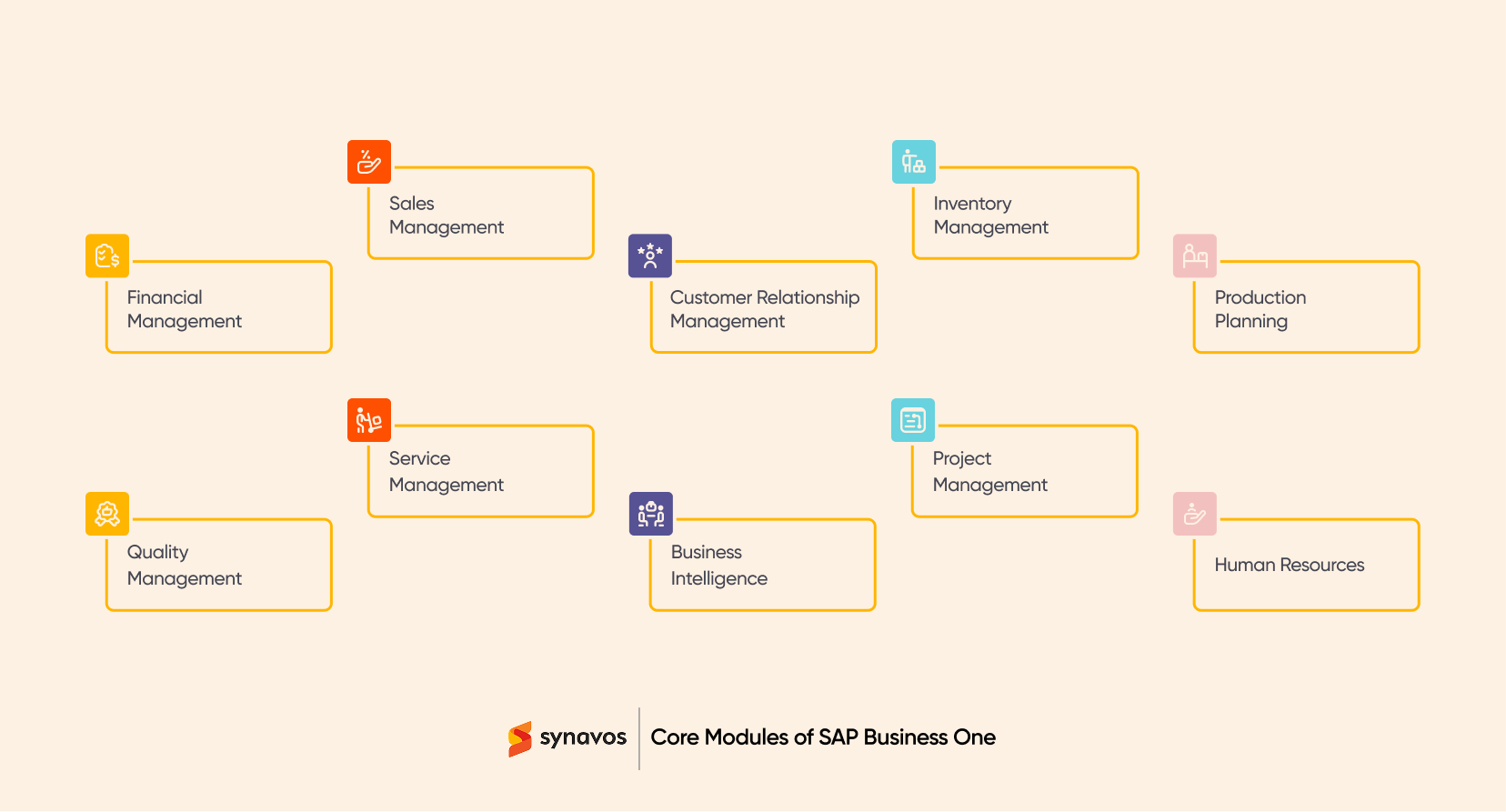
Learn how SAP Business One compares to other popular ERP platforms in SAP Business One vs Other ERP Systems: A Detailed Comparison.
SAP Business One Implementation Process
Implementing SAP Business One is a structured process that requires careful planning, the right expertise, and ongoing support to ensure success. A well-executed SAP B1 implementation not only streamlines your operations but also sets the foundation for sustainable growth.
Phases of SAP Business One Implementation
The implementation of SAP Business One usually follows a structured, phase-based approach to ensure a smooth transition:
1. Discovery and Planning
This initial phase involves understanding your business processes, goals, and current challenges. The implementation team defines the project scope, timeline, and resource allocation.
2. System Design and Configuration
Based on your business requirements, the SAP B1 system is configured to reflect your workflows. Customizations, integrations, and module selections are addressed during this phase.
3. Data Migration
Existing business data, such as customer records, inventory, and financials, is cleaned, formatted, and imported into SAP Business One. This step ensures continuity and accuracy from day one.
4. Testing and Validation
Before going live, the system undergoes thorough testing to identify any issues. Your team tests real-life scenarios to confirm that the system functions as expected.
5. Go-Live
Once everything is in place, your SAP B1 system is officially launched. During this time, support is readily available to resolve any early-stage issues.
6. Post-Go-Live Support and Optimization
After going live, the implementation team monitors performance, offers additional training, and makes any necessary adjustments based on user feedback.
For an in-depth exploration of SAP B1 implementation, refer to How to Implement SAP Business One: A Step-by-Step Guide.
SAP Business One Implementation Cost & Timeline
The cost and duration of implementing SAP Business One can vary depending on several factors:
- Business Size and Complexity: A small business with straightforward processes may need only a few modules, while a larger organization may require advanced customization.
- Deployment Method: On-premise deployments often involve higher upfront costs due to hardware and infrastructure needs, while cloud deployments offer a more flexible and subscription-based model.
- Customization and Integrations: The more tailored the solution, the more time and resources will be required to implement it.
- Number of Users: Licensing costs scale with the number of users and the type of access they require.
On average, SAP Business One implementations can take anywhere from 3 to 6 months, with costs varying from $20,000 to $100,000+, depending on the complexity and scope.
Explore SAP Business One Cost: A Complete 2025 Guide for a clear and comprehensive look at pricing, including licensing models, setup costs, and budgeting tips.
How Synavos Can Help
At Synavos, we have a strong track record of implementing SAP Business One for businesses across Pakistan, the Middle East, and beyond. Our team works closely with you to design, customize, and deploy SAP Business One in a way that fits your workflows and industry needs. From finance and inventory to sales and production, every module is configured for performance and scalability. And even after go-live, we stay by your side to keep your system running at its best.
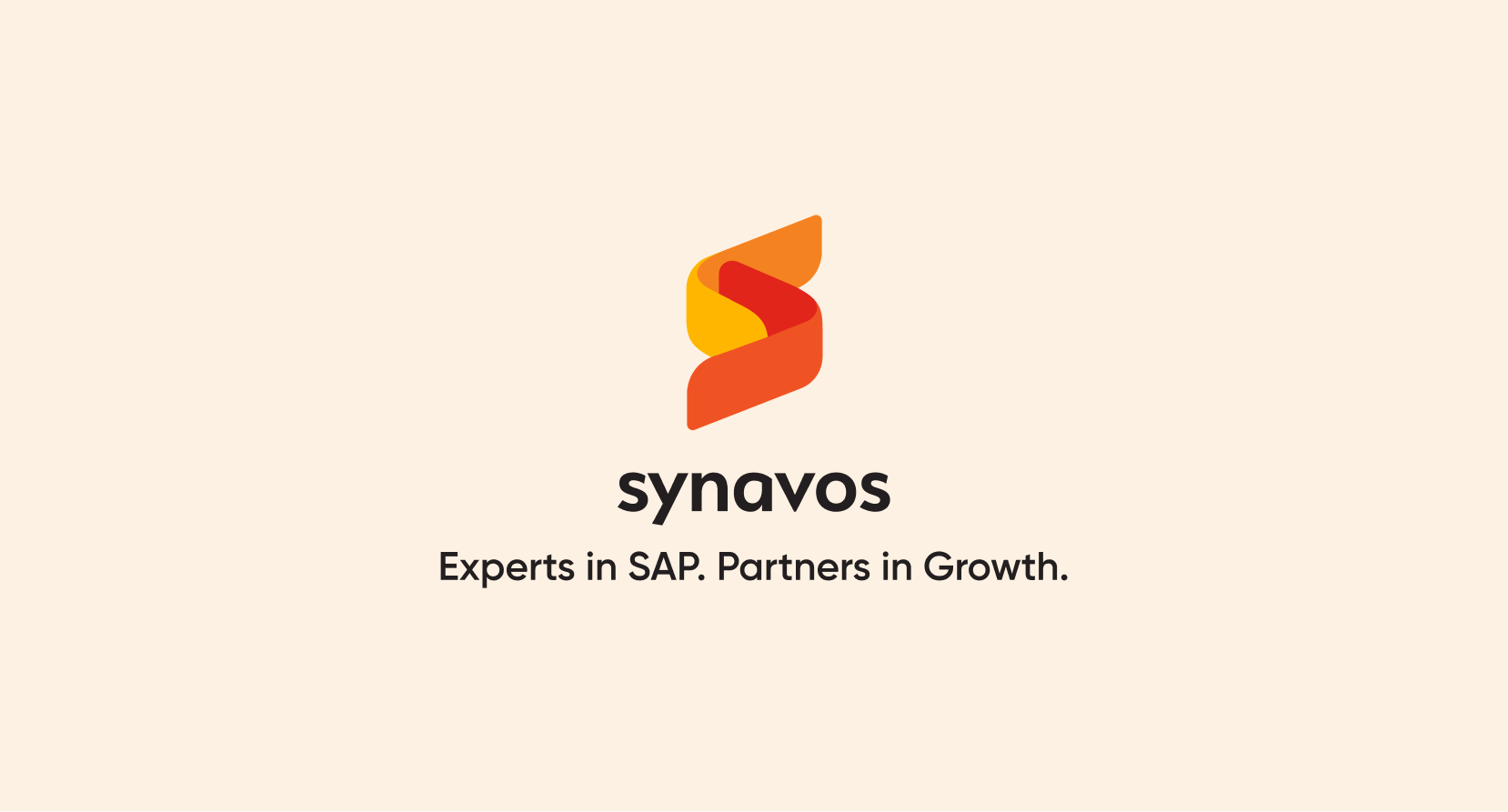
Final Thoughts
SAP Business One is more than just a business management tool. It is a scalable, user-friendly ERP solution that helps small and mid-sized businesses bring order, efficiency, and insight into their daily operations. Whether you’re trying to streamline finance, improve customer relationships, manage inventory more effectively, or gain deeper business insights, SAP B1 offers a complete, integrated system to support your growth.
Ready to implement SAP Business One the right way? Get in touch with Synavos today and let’s build a solution tailored to your business.

